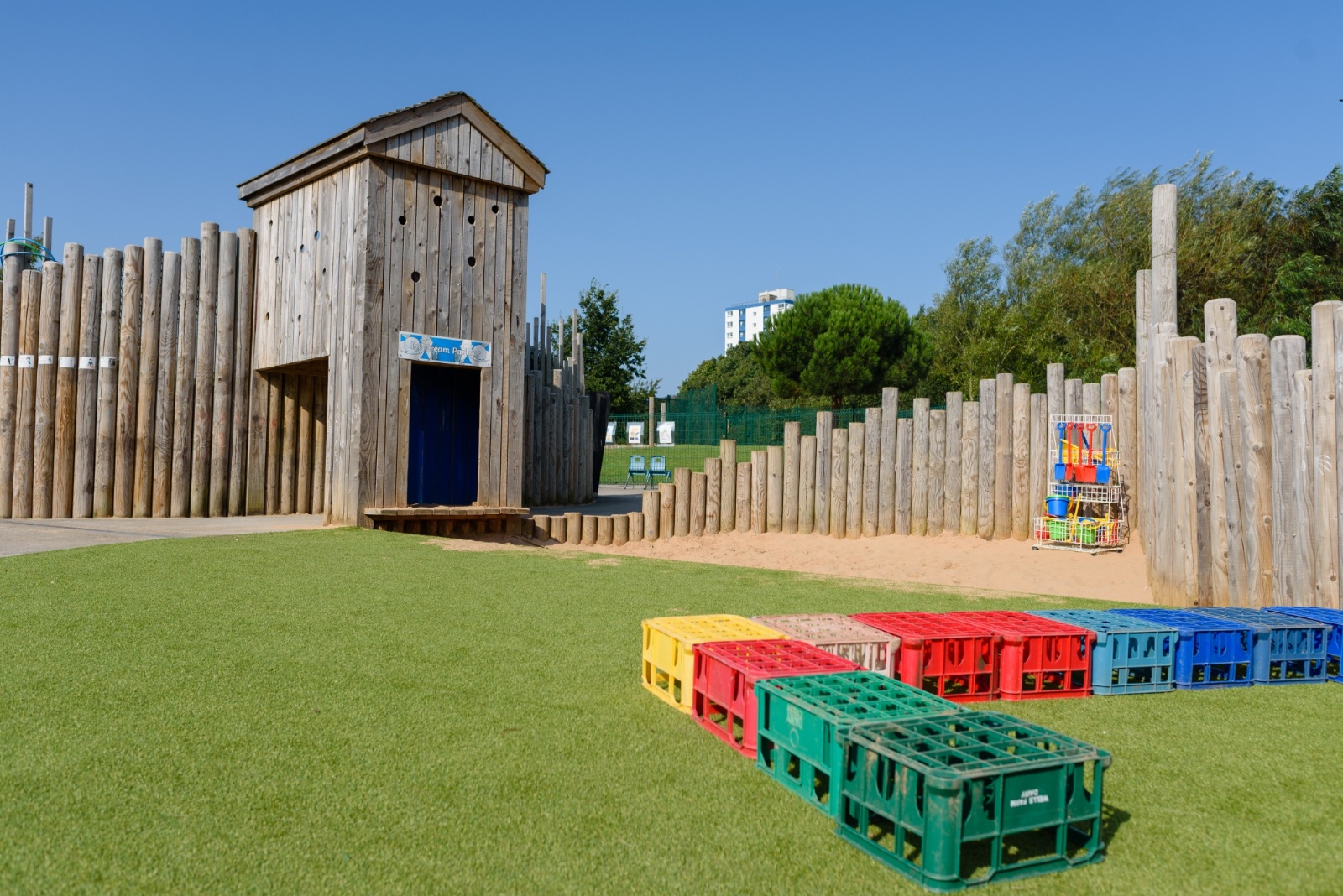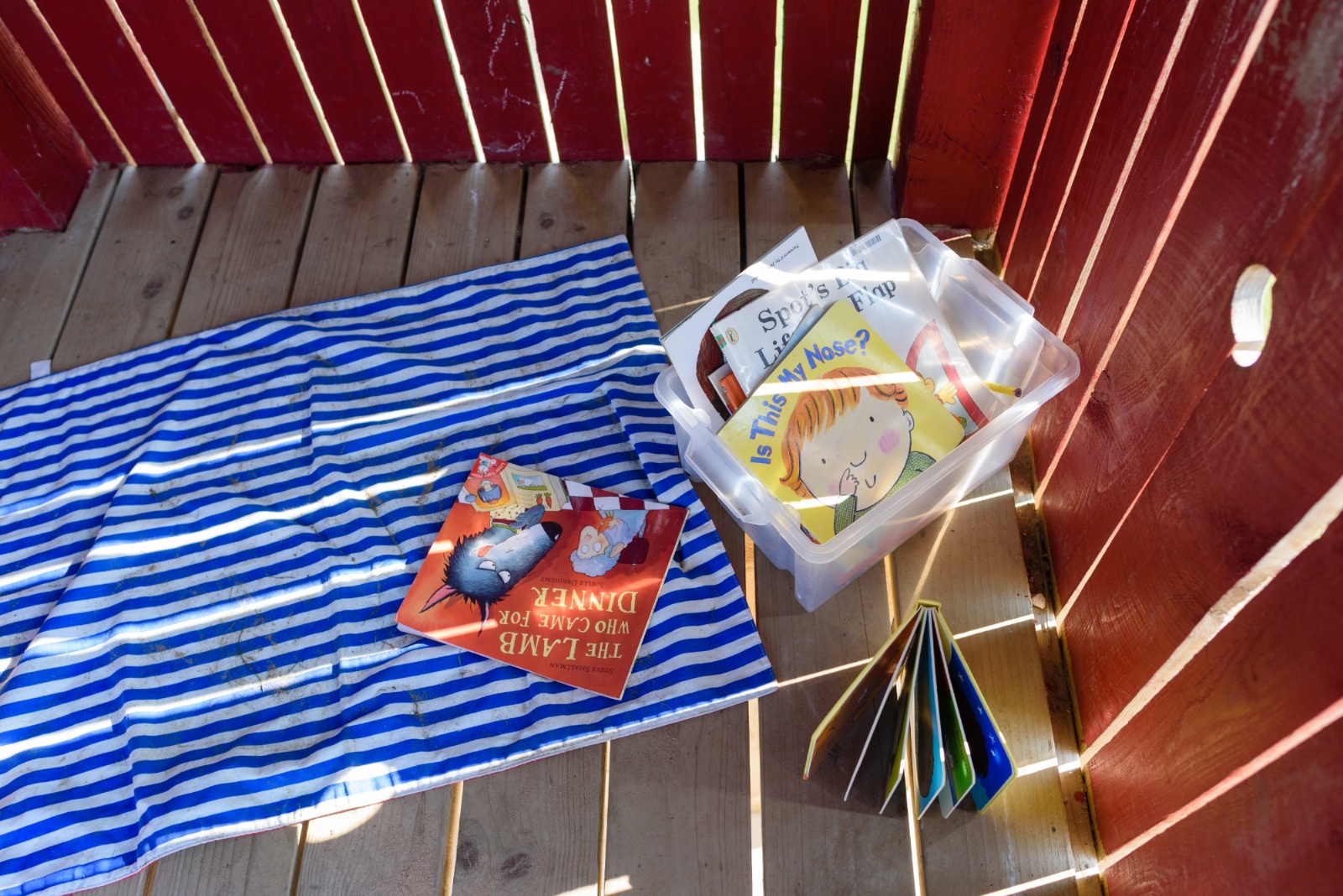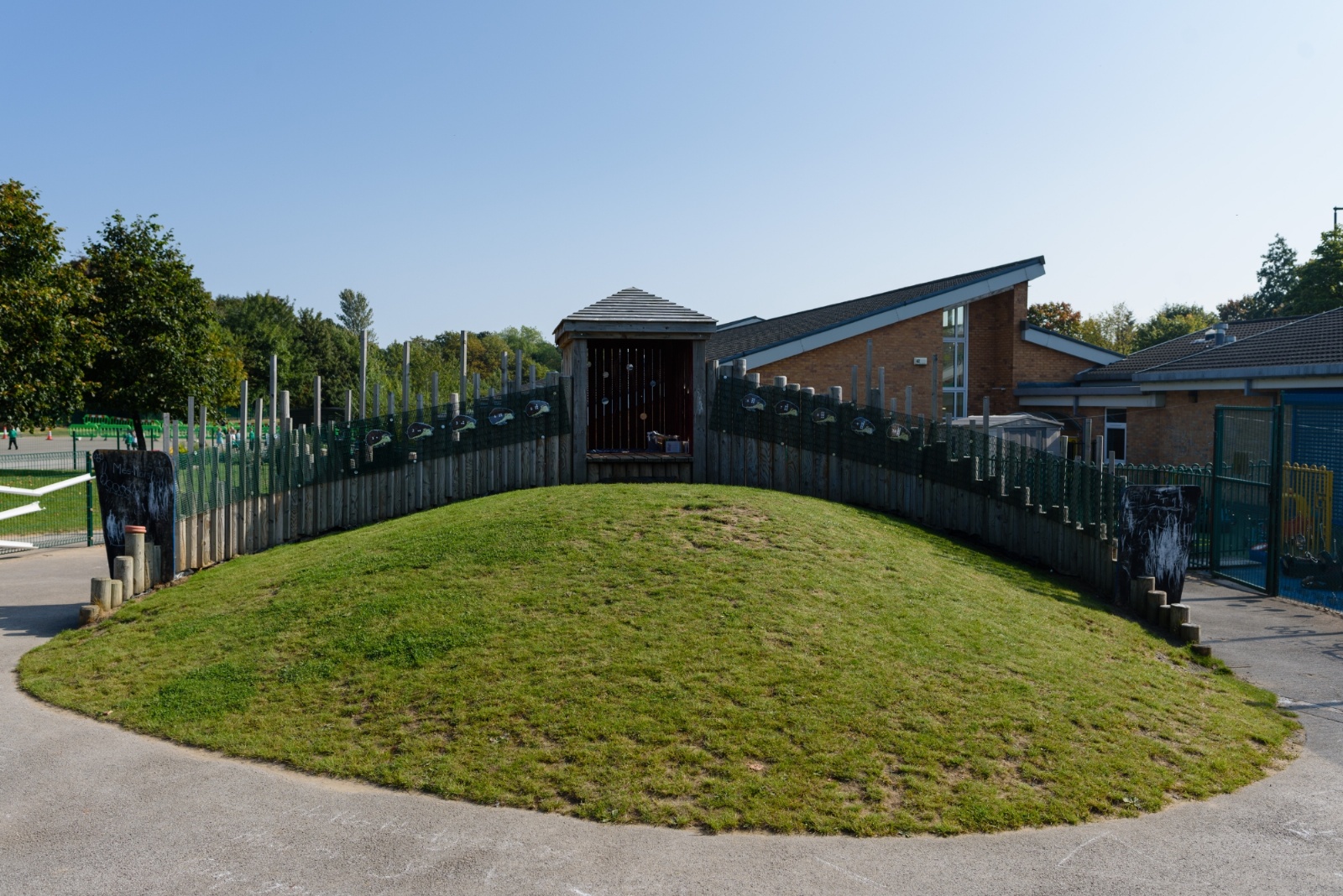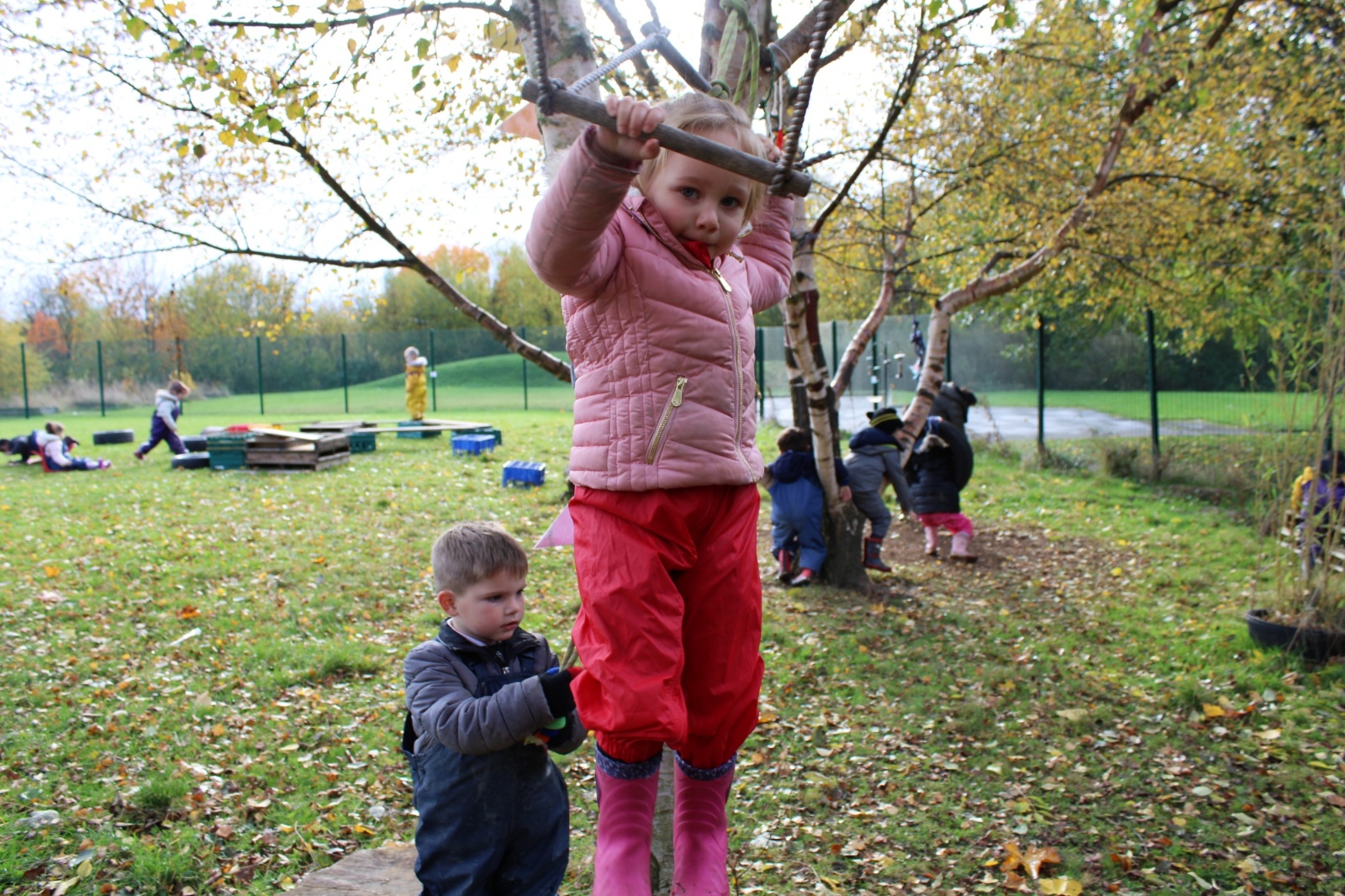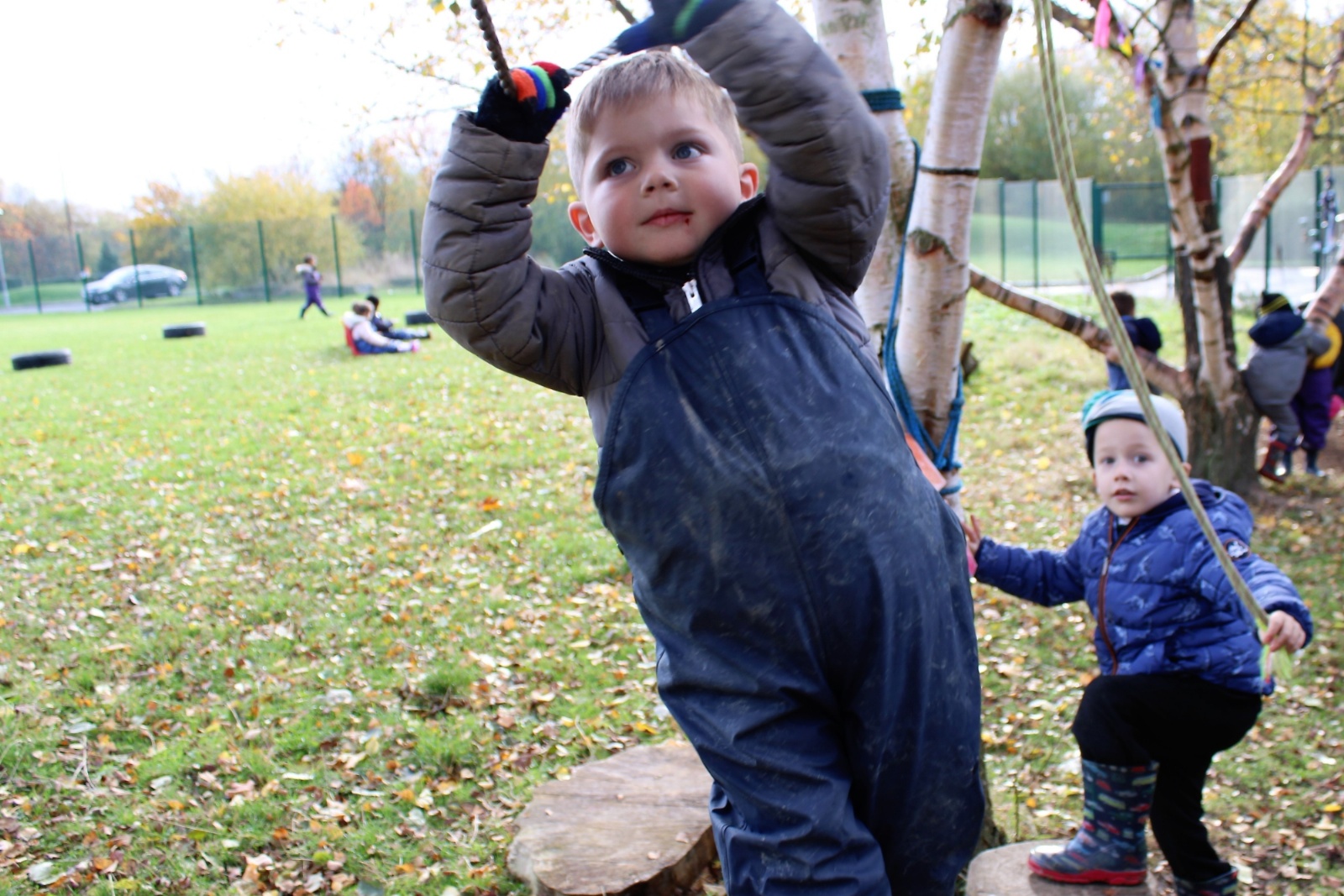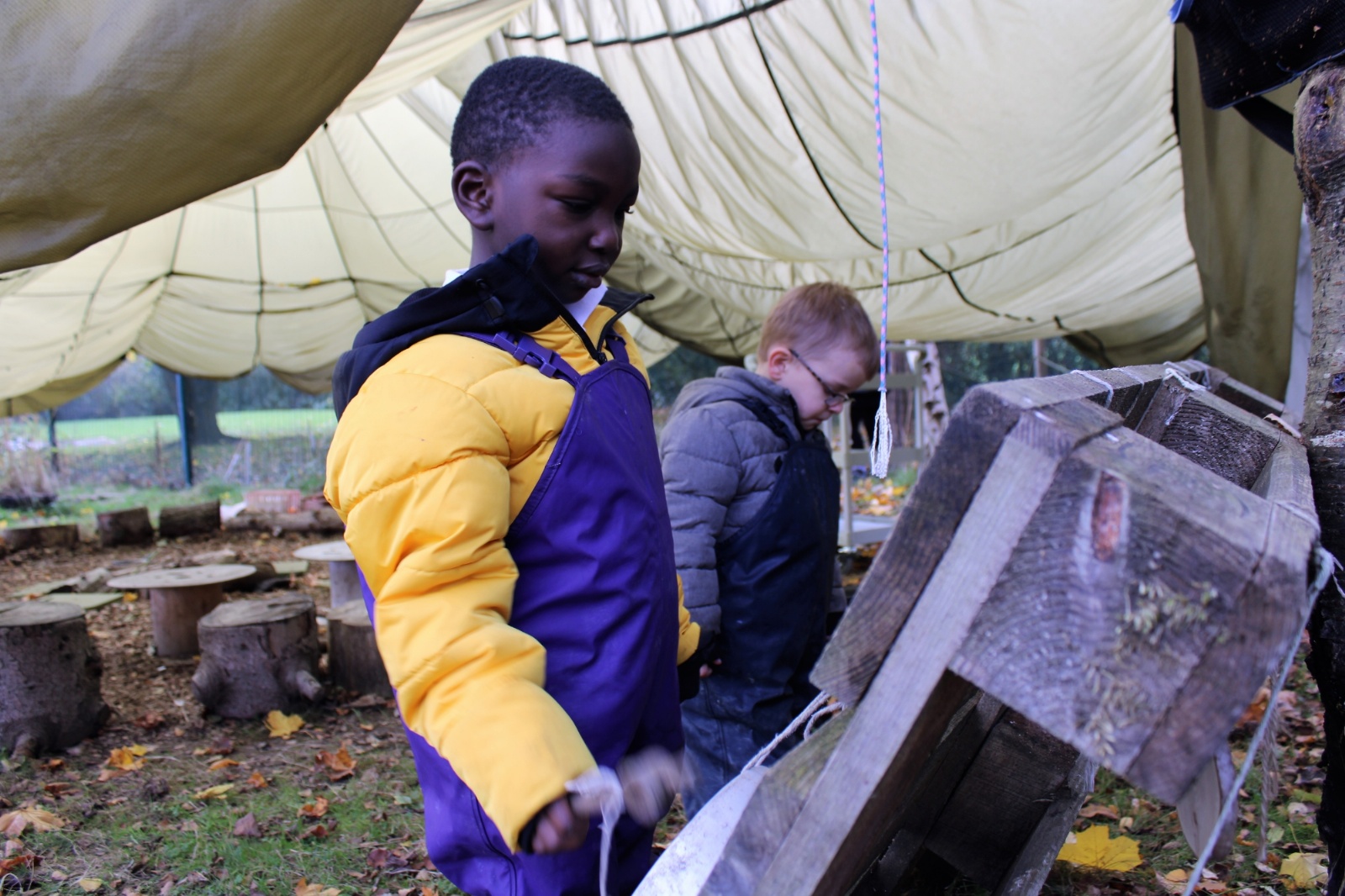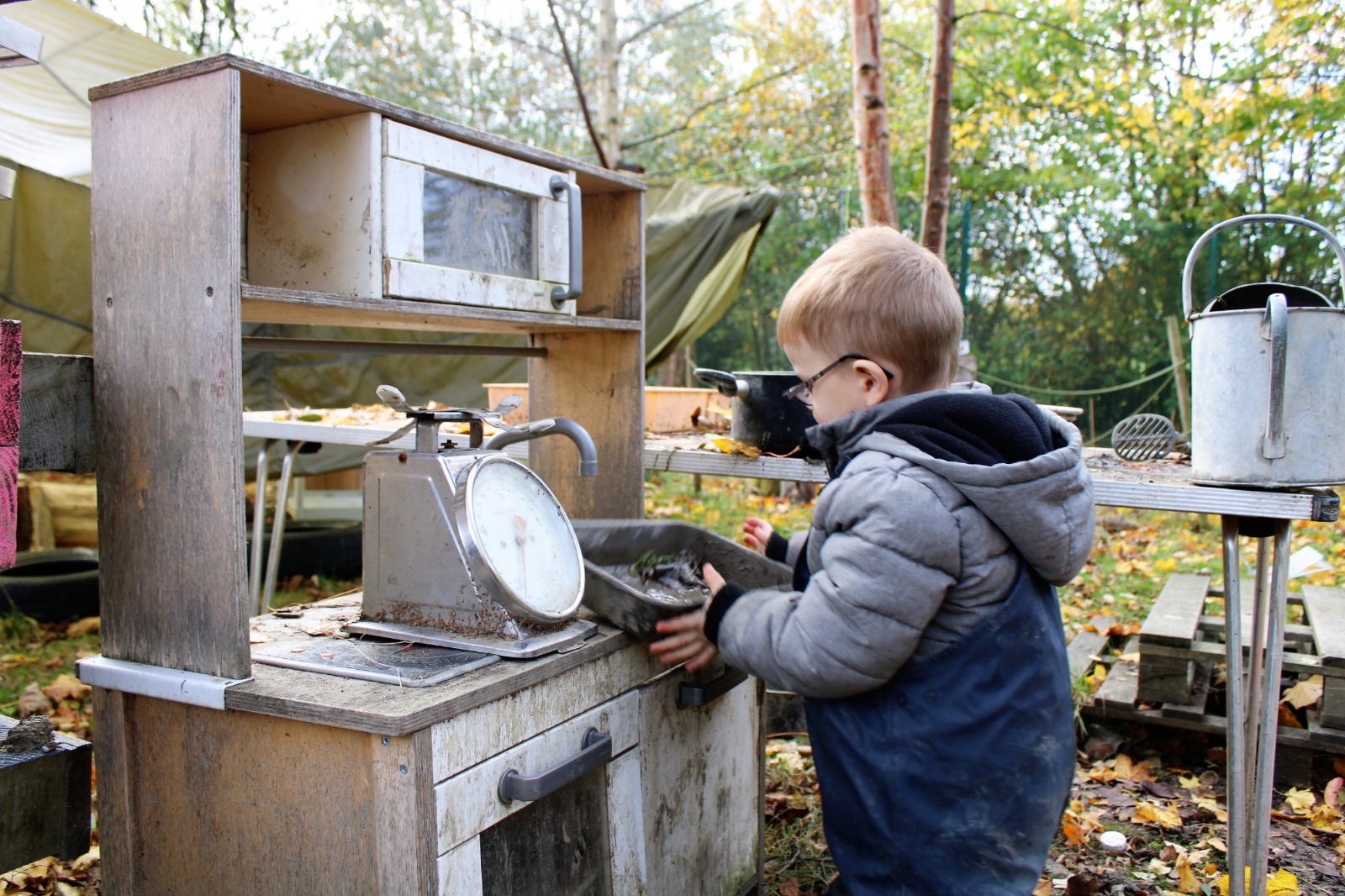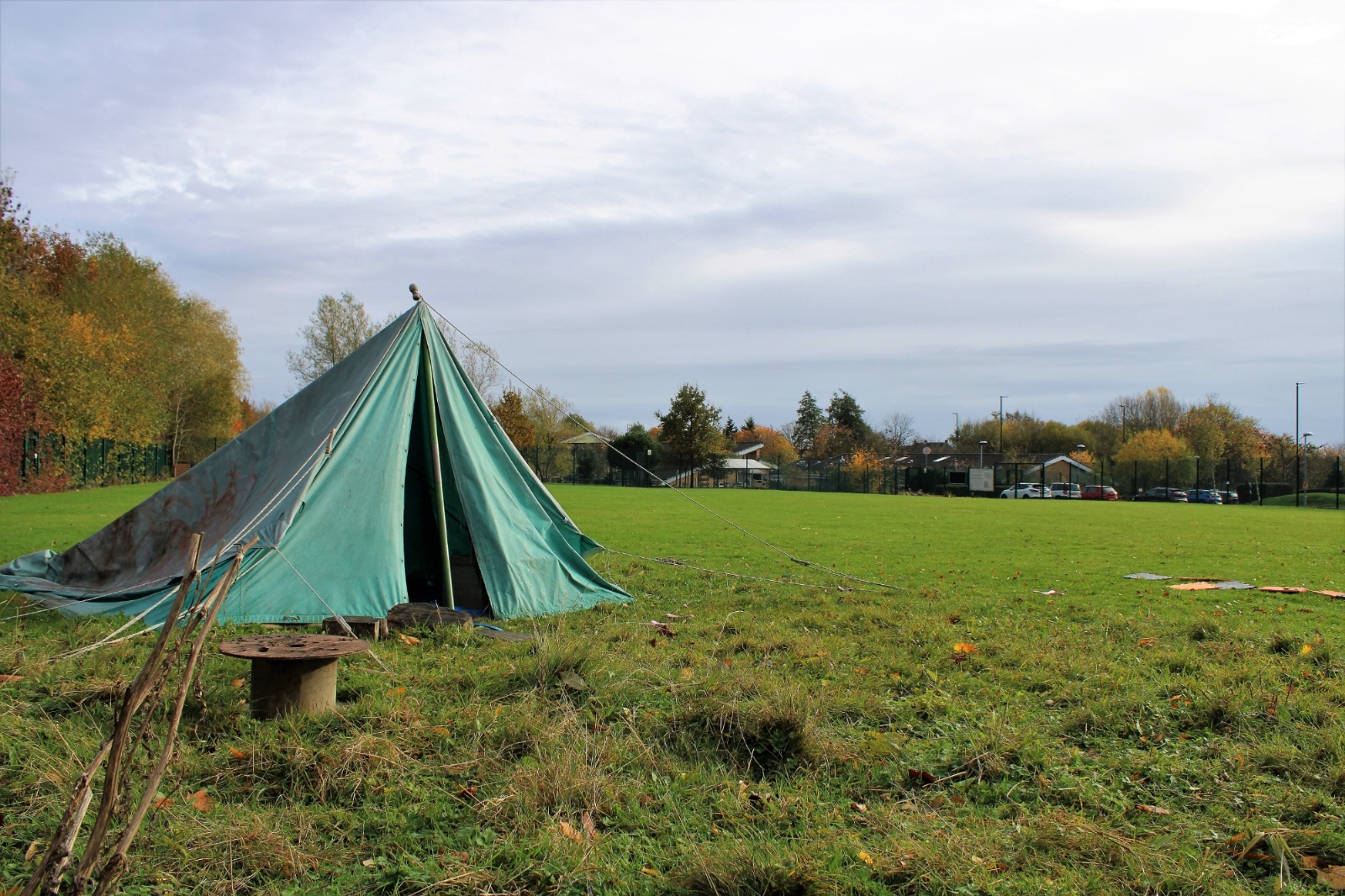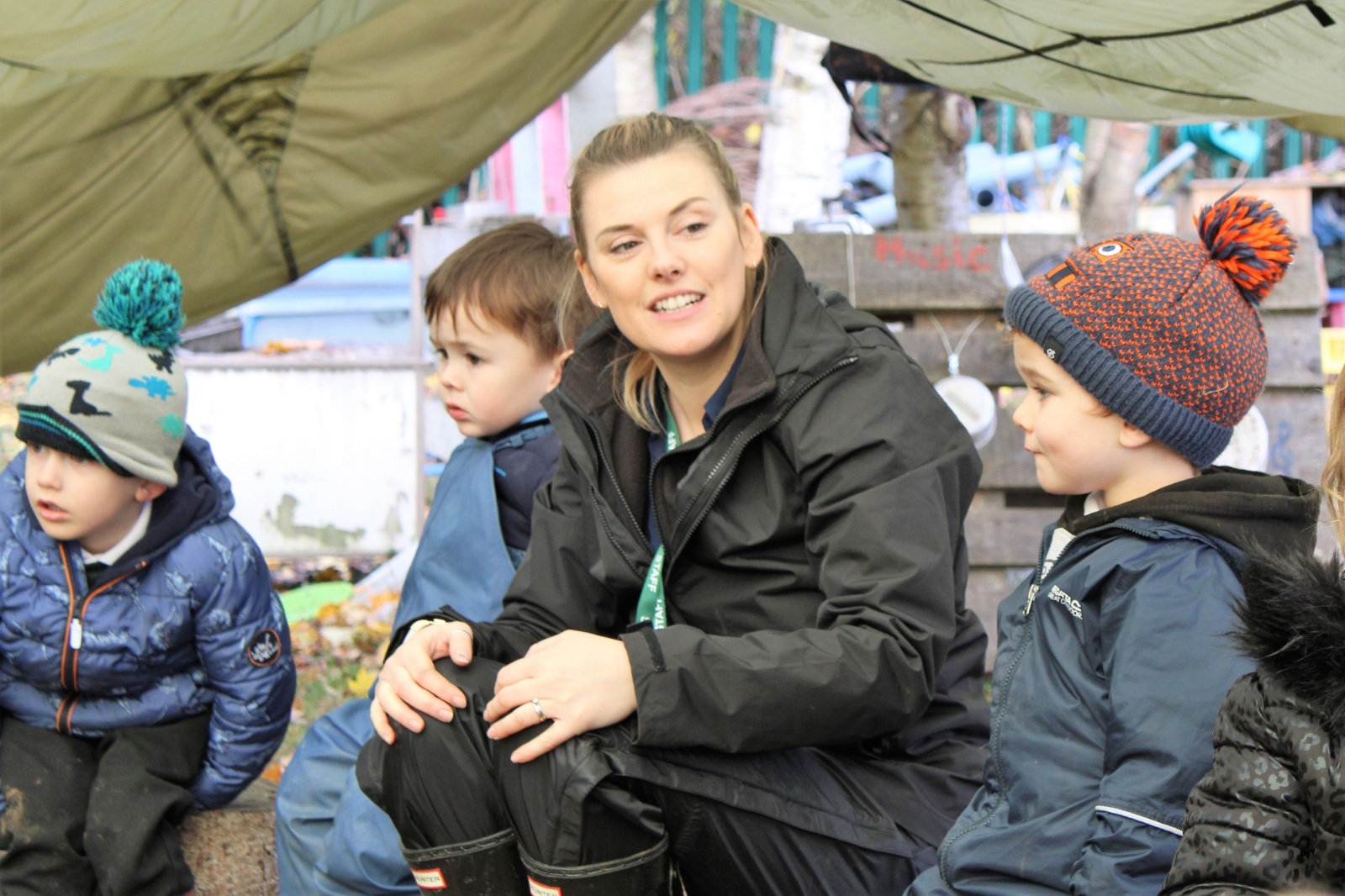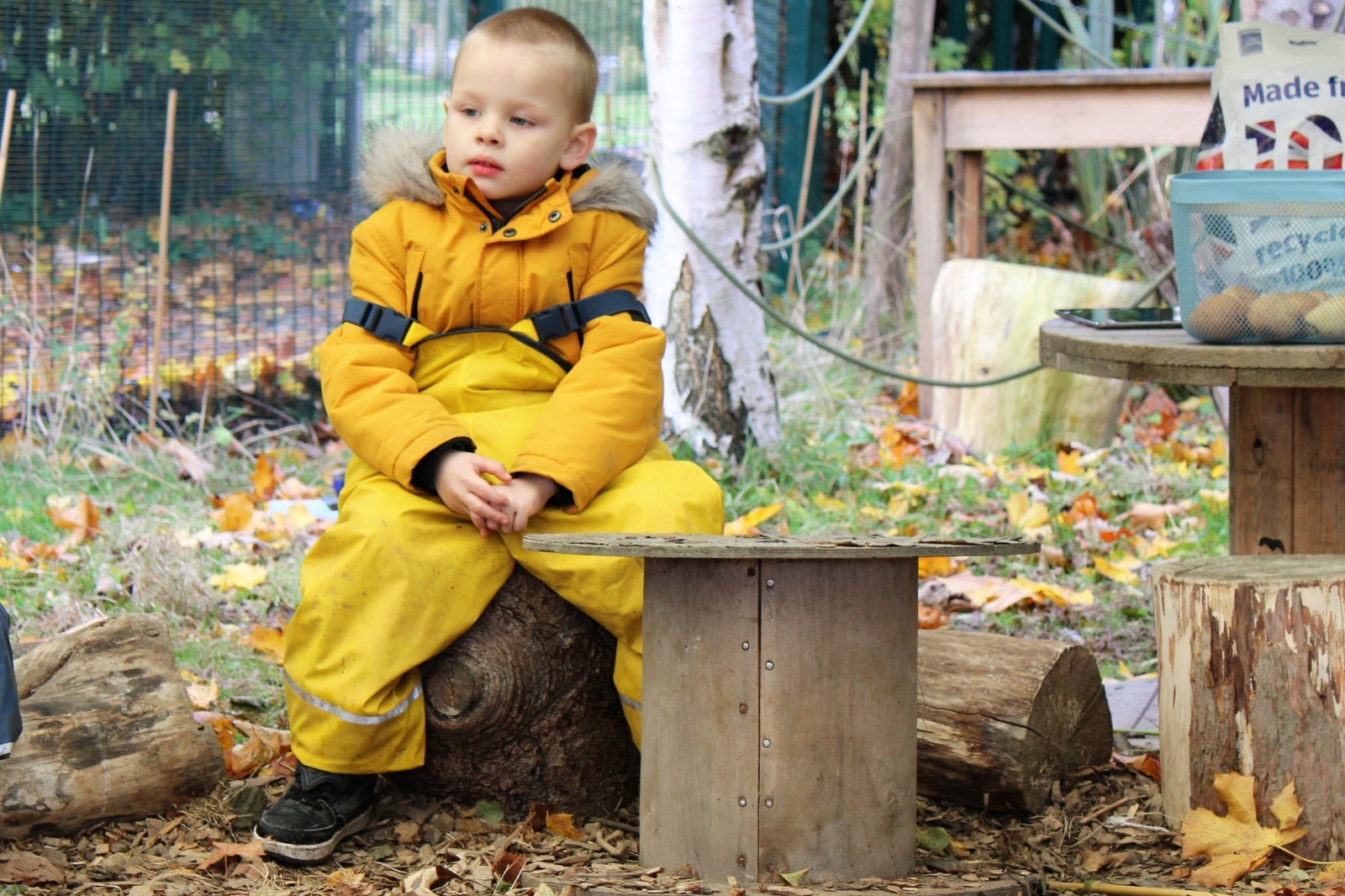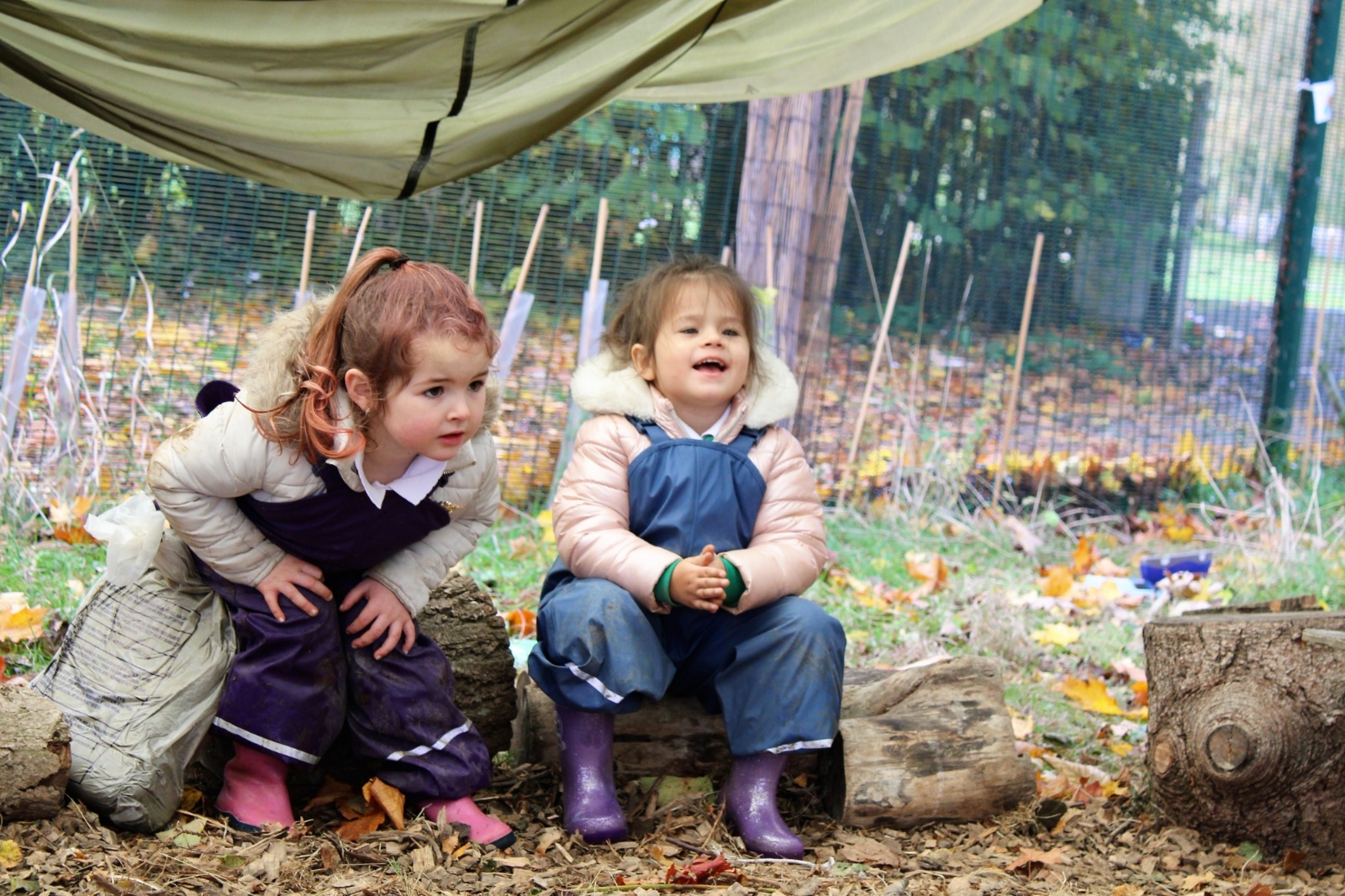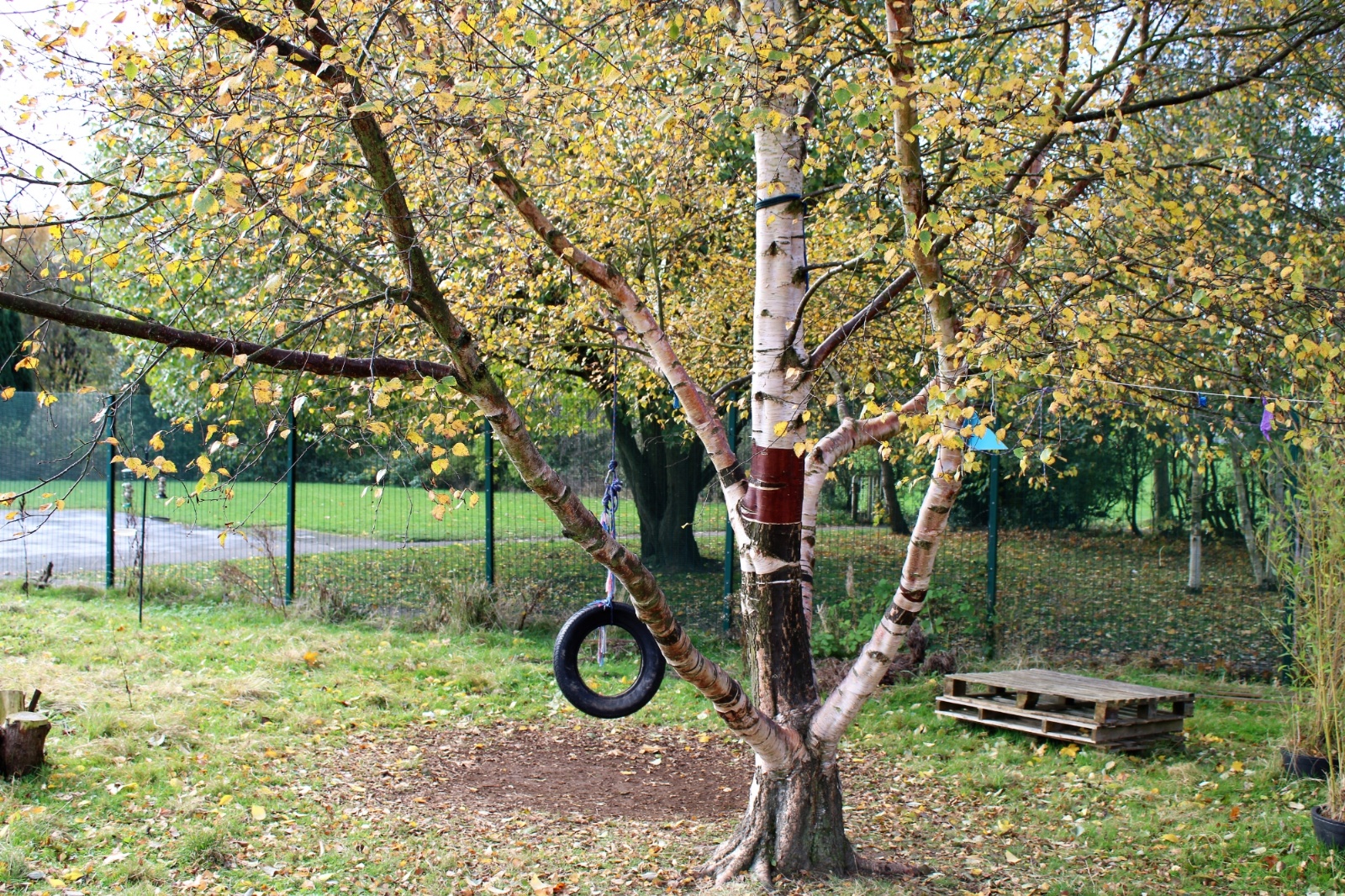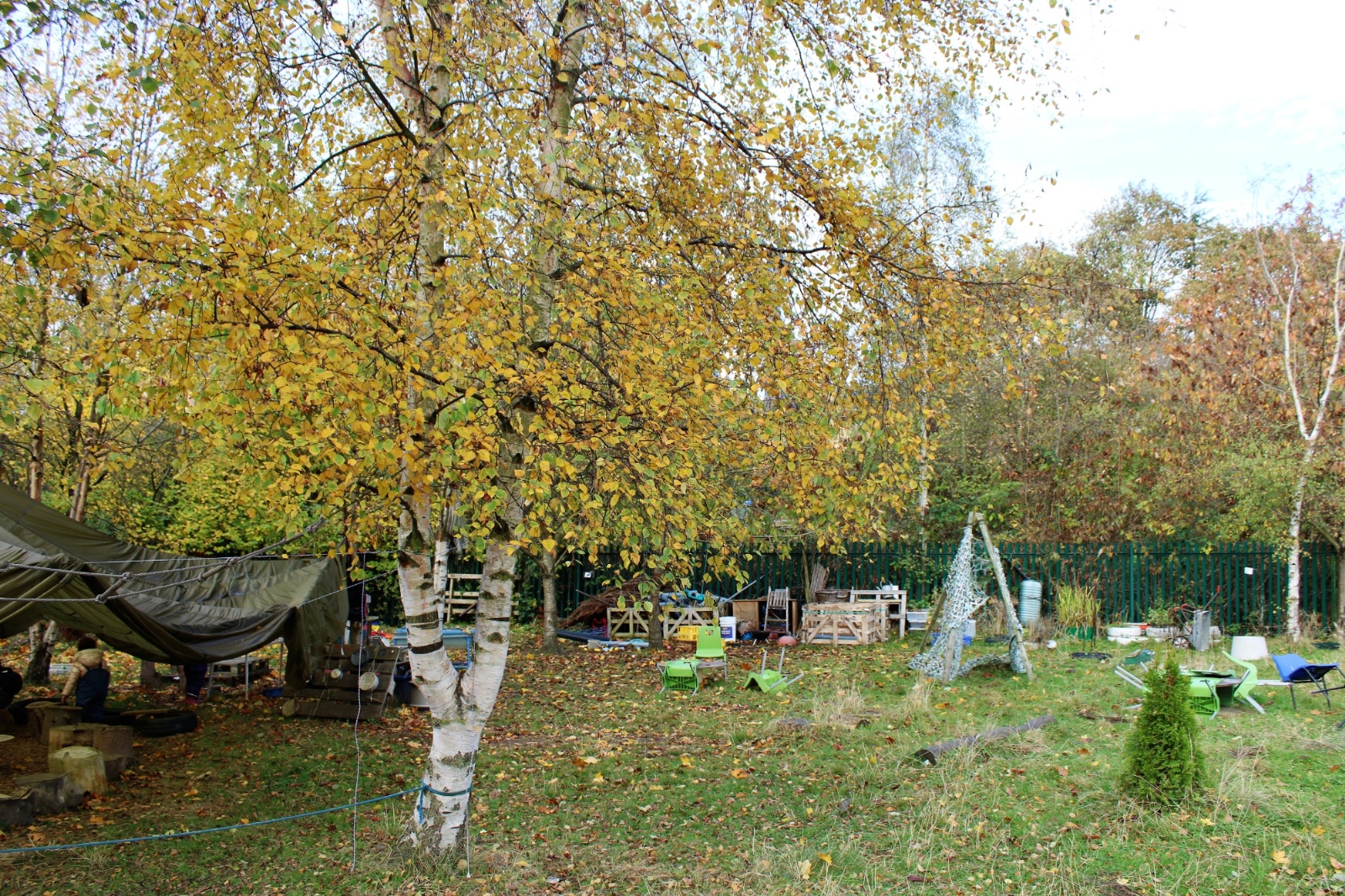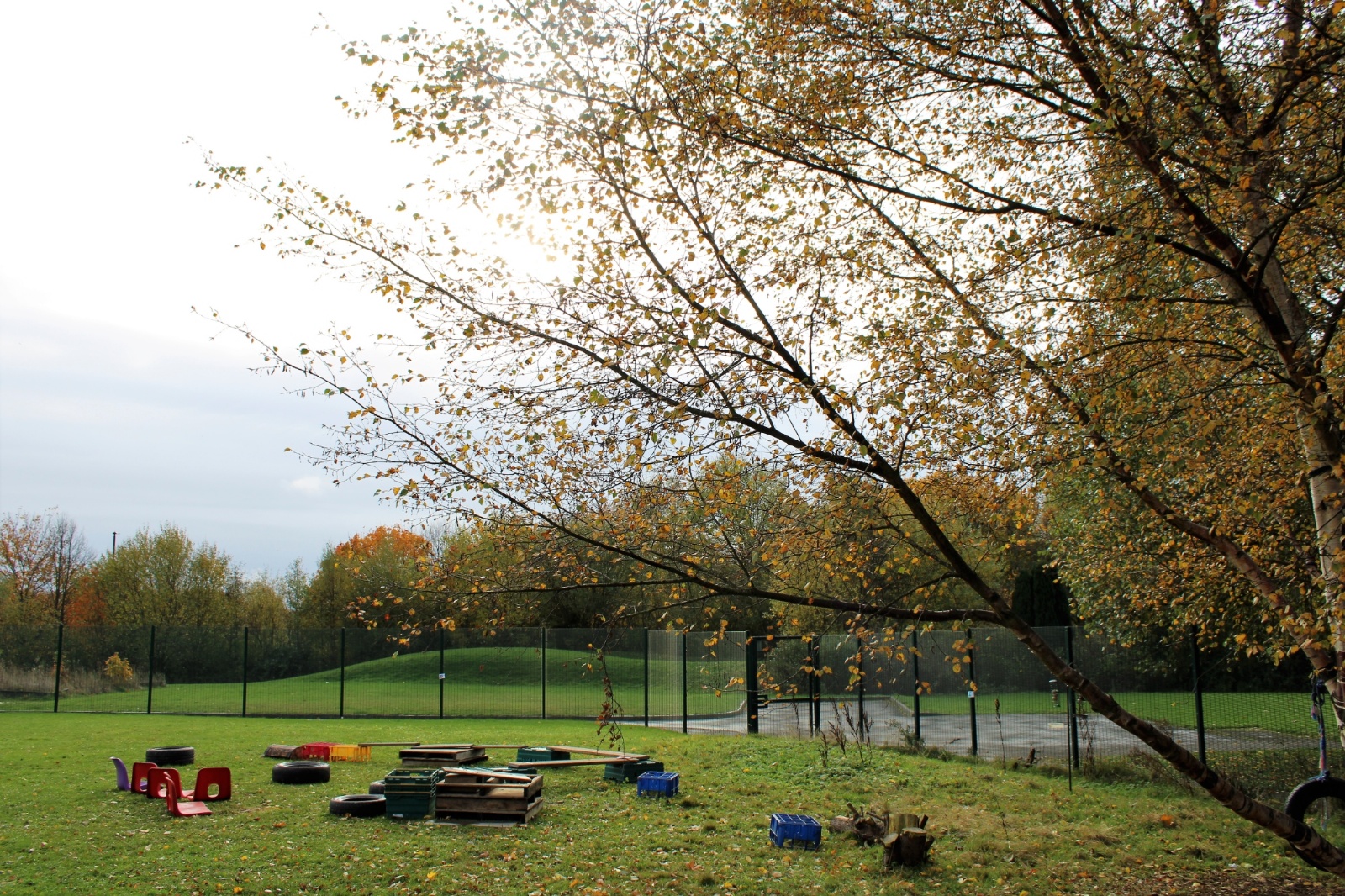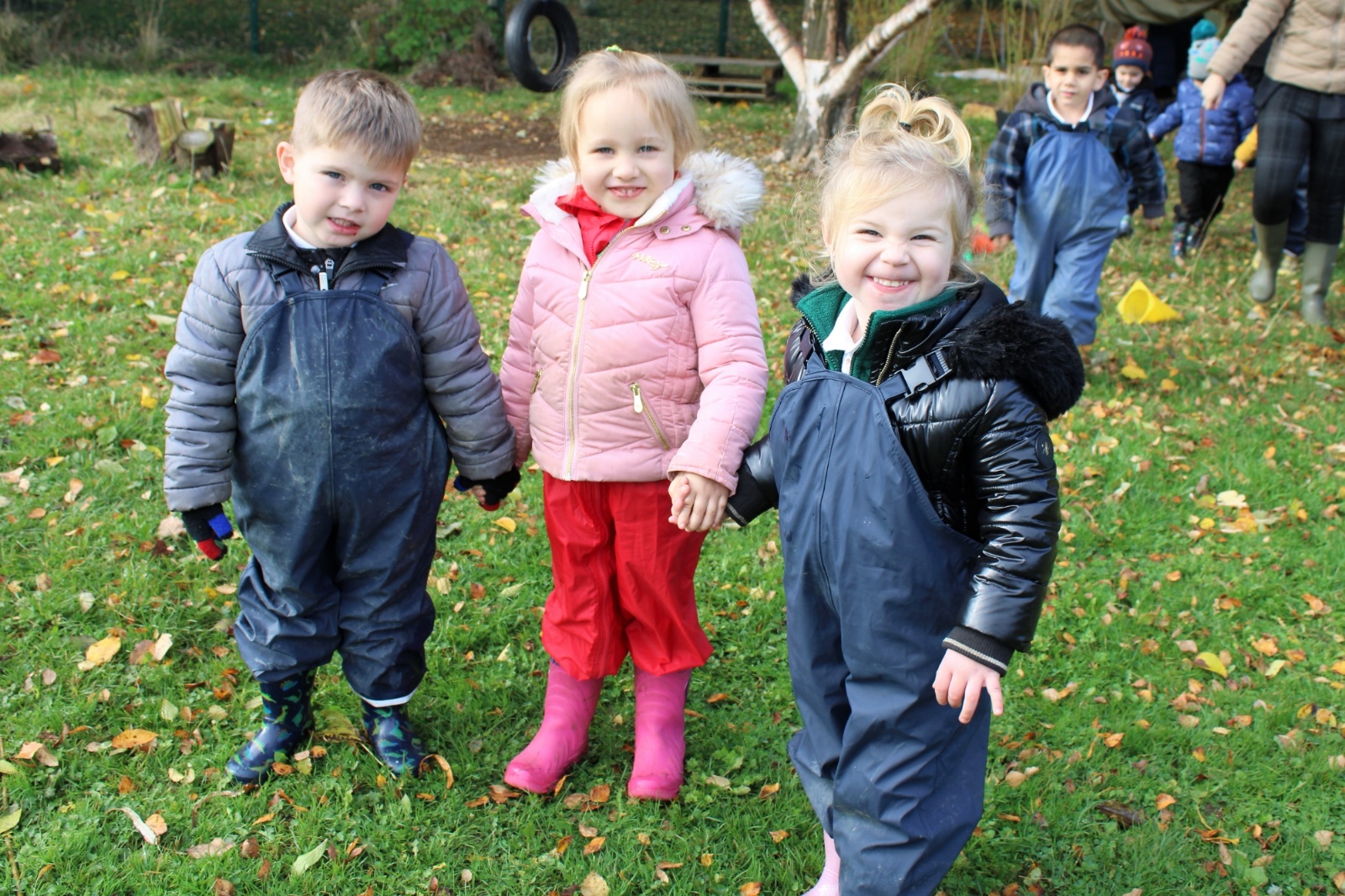Phronesis
Phronesis: How we teach practical wisdom for life long success
What is phronesis?
Phronesis is a moral and intellectual virtue, rooted in a natural and human capacity “to do the right thing, in the right place, at the right time and in the right way.” This stems from the Greek word translated as ‘prudence’ or ‘practical wisdom’ in Greek, which conveys a general sense of knowing the proper behaviours in all situations.
What do we know about phronesis?
Phronesis is learned through instruction and not practice. When learning a set of values (or virtues), the most important part is to use them, rehearse them and build them into your character You cannot do this without phronesis. According to Aristotle, “having one’s heart in the right place’ is not good enough; being a good person requires a kind of practical intelligence as well as a good disposition.”
Phronesis is not a virtue acquired through an education or through books. It is a virtue that is learned and built on from social interactions and real-life experience. At Woodlands Primary School, we know that phronesis takes a long time to become an embedded part of our character, possibly even into adulthood, but we start the journey as soon they start at our school. School is much more than academic success, and so we build deliberate opportunities into the days, weeks and years and Woodlands Primary School to allow children to have real life, practical, hands-on experiences to develop phronesis as part of their character.
How do we do this at Woodlands Primary School?
Forest Schools
Rehearsing the values of the school in a practical and creative way
Zones of Regulation
Knowing what to do with how you are feeling and how to behave in a range of different situations
Enrichment
Using new and old skills in wider opportunities
Hands on Learning
Building phronesis into the curriculum by applying knowledge to outcomes
Forest Schools
Forest School is an opportunity for children to experience nature and the outdoor environment in a safe, secure and hands on way with a trained Forest School leader.
Forest School is an inspirational learning process where children develop their self-esteem and self-confidence through child led play and by exploring all areas of their learning in real life context. The Forest School Leader will provide opportunities for child-led learning, encouraging children to become independent and attempt new tasks. With careful supervision, the children will be introduced to a range of new skills – some with purposeful opportunities for risk taking such as den building, knots, using tools, cooking on a fire and fire safety. They will learn both physical and social behavioural boundaries as well how to respect and care for their local environment. Children need to engage with risk in order to learn new skills and to embed knowledge and understanding in their cognitive and emotional centres of the brain.
The Children develop their speech and language skills as they will talk about what they are doing and learn to describe the processes they use to complete activities. The children will also be applying and learning social skills such as taking turns, communicating with each other in play and during activities, sharing, collaborative learning and independence.
Being in nature has been strongly linked to wellbeing – and this is also a huge reason why Forest School is so important here at Valley Park.
Some of the activities we do at Forest School are:
- Nature Arts and craft – linked to the seasons
- Den building
- Low ropes
- Rope swings
- Tree climbing
- Loose parts play
- Mud Kitchen
- Woodcraft and tool use
- Fire lighting
- Campfire cooking
- Scavenger Hunts and Team Building challenges
- Flora and Fauna ID
- Storytelling and singing
Enrichment
Enrichment is activities which schools can provide to extend students education beyond the course of their study.
Before Lockdowns Enrichment Offer
Children accessed enrichment as part of ‘Valley Time,’ which happened between 2 and 3pm each Friday. Children would sign up for a group, and would experience a new craft, sports or activity, led by practitioners in school. There was a range of activities that children could sign up for including:
- Sewing
- Cycling
- Debate Club
- Arts and Crafts
- Coding
- Musical theatre
- Languages
Lockdown Enrichment Offer
Children were given a weekly slot to join online and access ‘online enrichment’ through music, PE, yoga, songs and games. For example, children learned routines through PE to practice at home, as well as breathing exercises. Children also played quizzes based on general knowledge with their teachers.
Current Enrichment Offer
|
Planned Enrichment 2021/22 |
Cycle 1 |
Cycle 2 |
Cycle 3 |
Cycle 4 |
|
Whole School
(New Jan 2022: Children’s University) |
Woodlands Enrichment (each Friday)
First Aid |
Woodlands Enrichment (each Friday)
Winter Wonderland: Singing Showcase |
Woodlands Enrichment (each Friday) |
Woodlands Enrichment (each Friday)
Outdoor Week |
|
2FEL
|
Mighty Trees Award |
Mighty Trees Award |
Mighty Trees Award |
Mighty Trees Award |
|
Nursery |
Welly Wednesdays
Mighty Trees Award |
Welly Wednesdays
Mighty Trees Award |
Welly Wednesdays
Mighty Trees Award |
Welly Wednesdays
Mighty Trees Award |
|
Rec
|
Mighty Trees Award |
Mighty Trees Award |
Forest School
Mighty Trees Award |
Visit to Curious Kids (Role Play)
Mighty Trees Award |
|
Y1
|
Forest School |
|
Visit to Cleethorpes on the train |
Fieldwork Study: The Ancient Woodland |
|
Y2
|
Forest School
Visit to Bishops House (Queens of England) |
|
|
Fieldwork study: Graves Park |
|
Y3 |
|
Forest School |
Visit to Cresswell Crags |
Sports Skills Enrichment
Fieldwork Study: The River Porter |
|
Y4 |
|
Forest School |
Sports Skills Enrichment
Visit to Brigantium Roman Fort |
Fieldwork Study: Padley Gorge |
|
Y5 |
|
Sports Skills Enrichment
Visit to Magna Centre |
Forest School |
Fieldwork Study: Castleton
Residential Visit: Eyam |
|
Y6 |
Sports Skills Enrichment
Visit to Kelham Island (WW2) |
Transition Visits: Secondary Schools |
Bikeability |
Fieldwork Study: Matlock
Residential Visit: Thornbridge
Forest School |

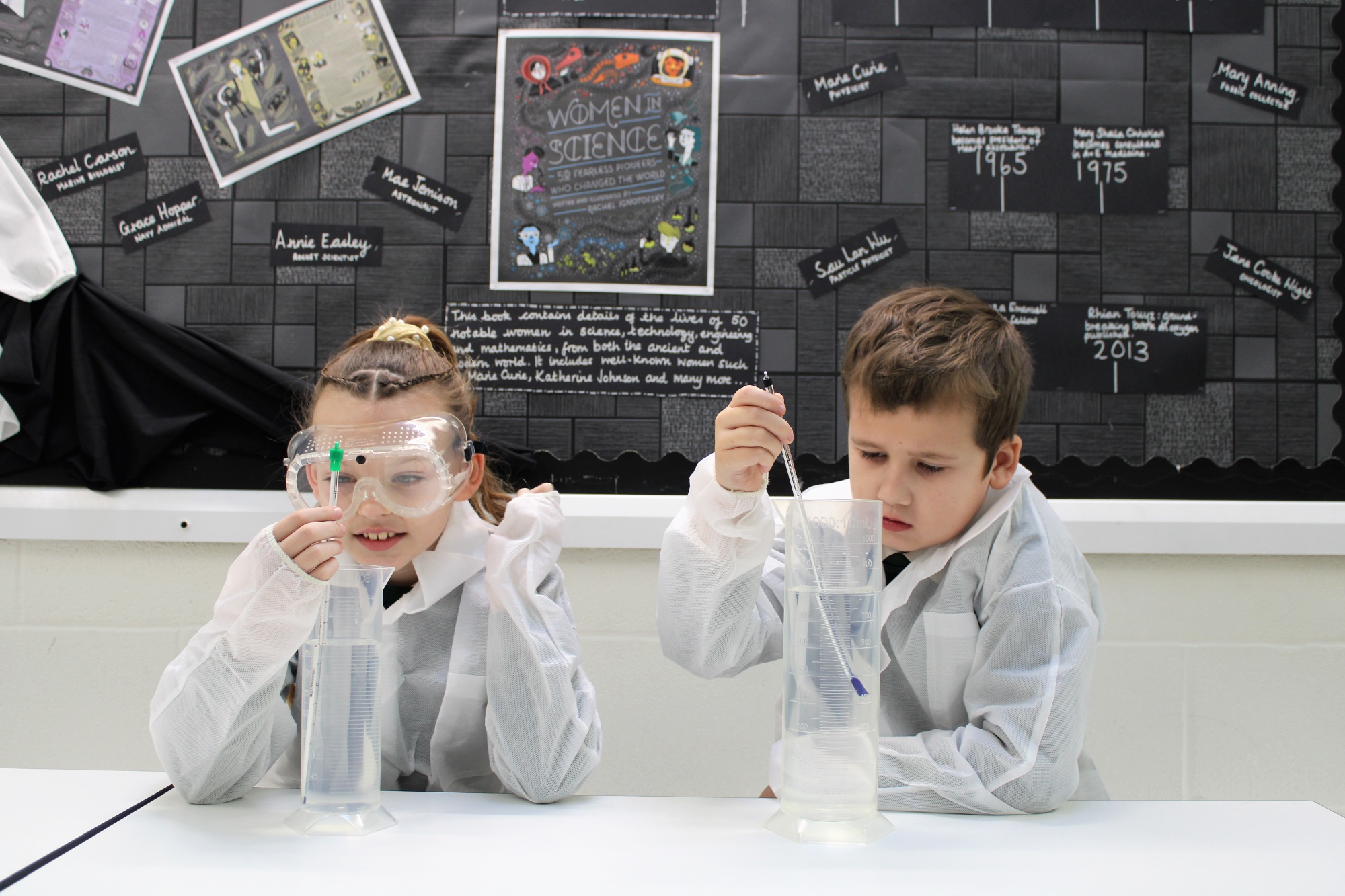
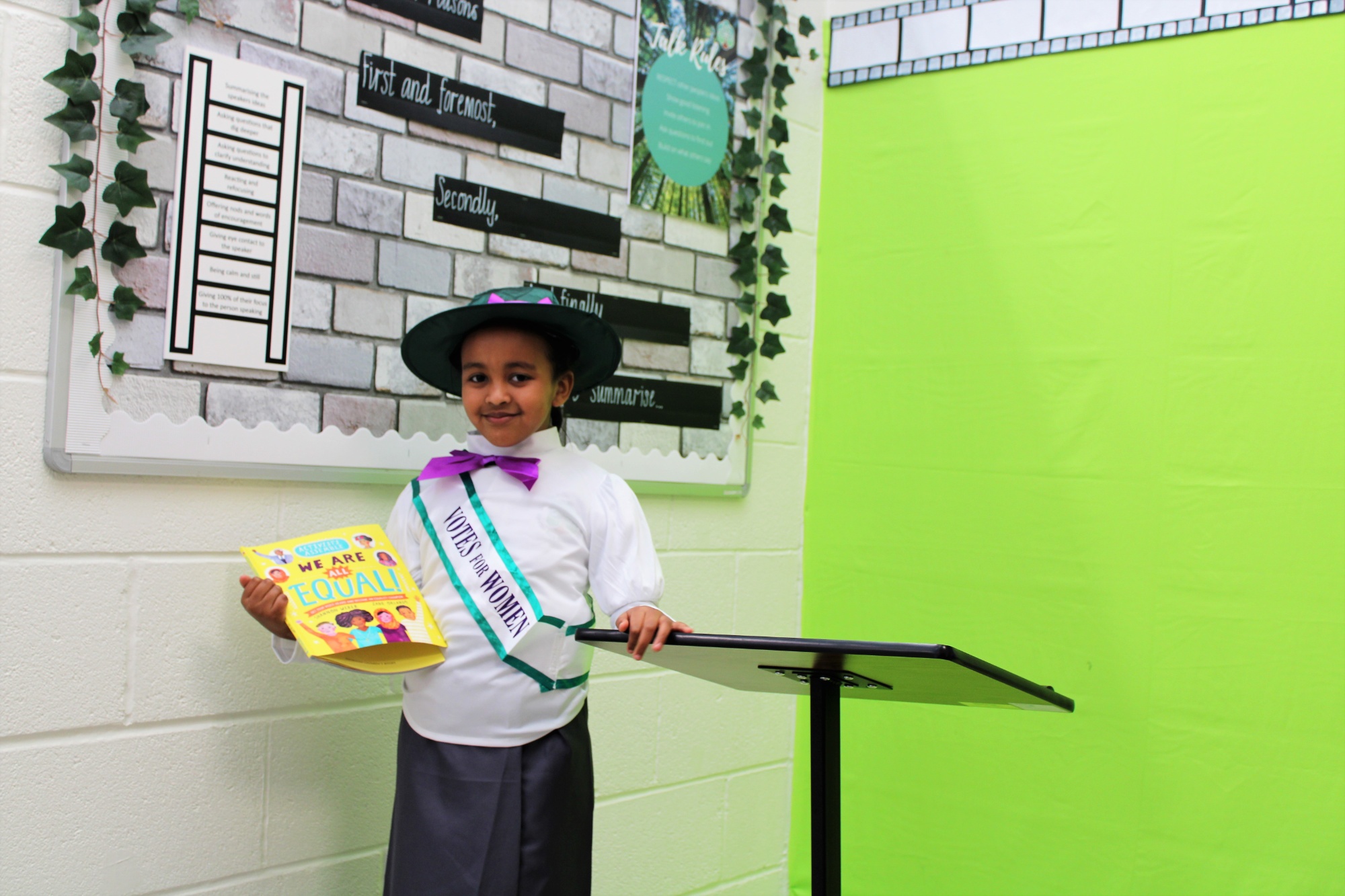
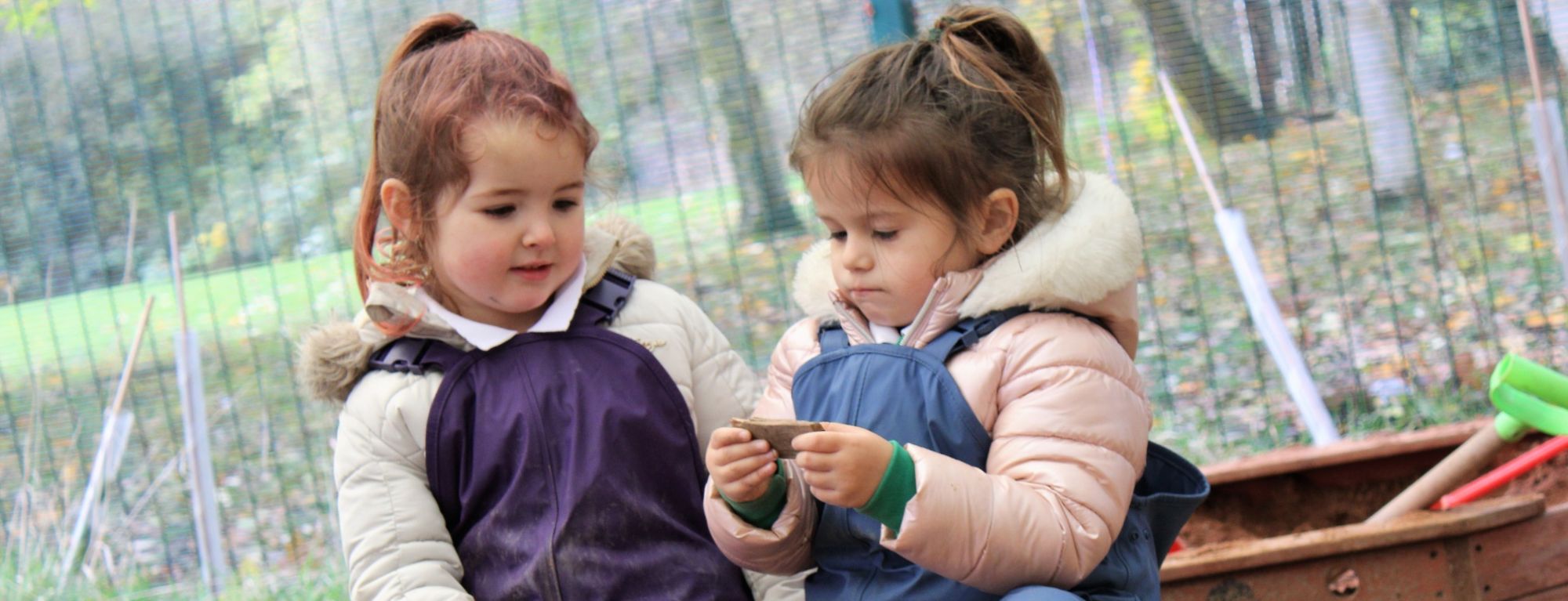
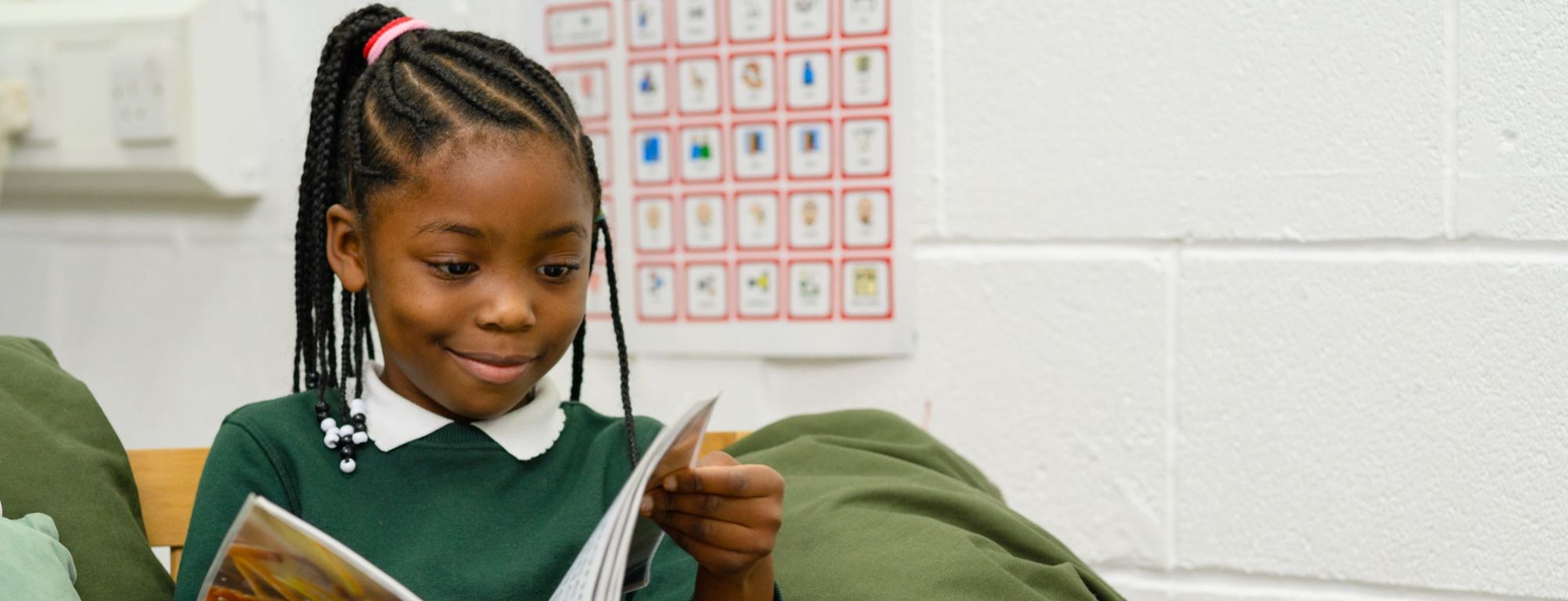
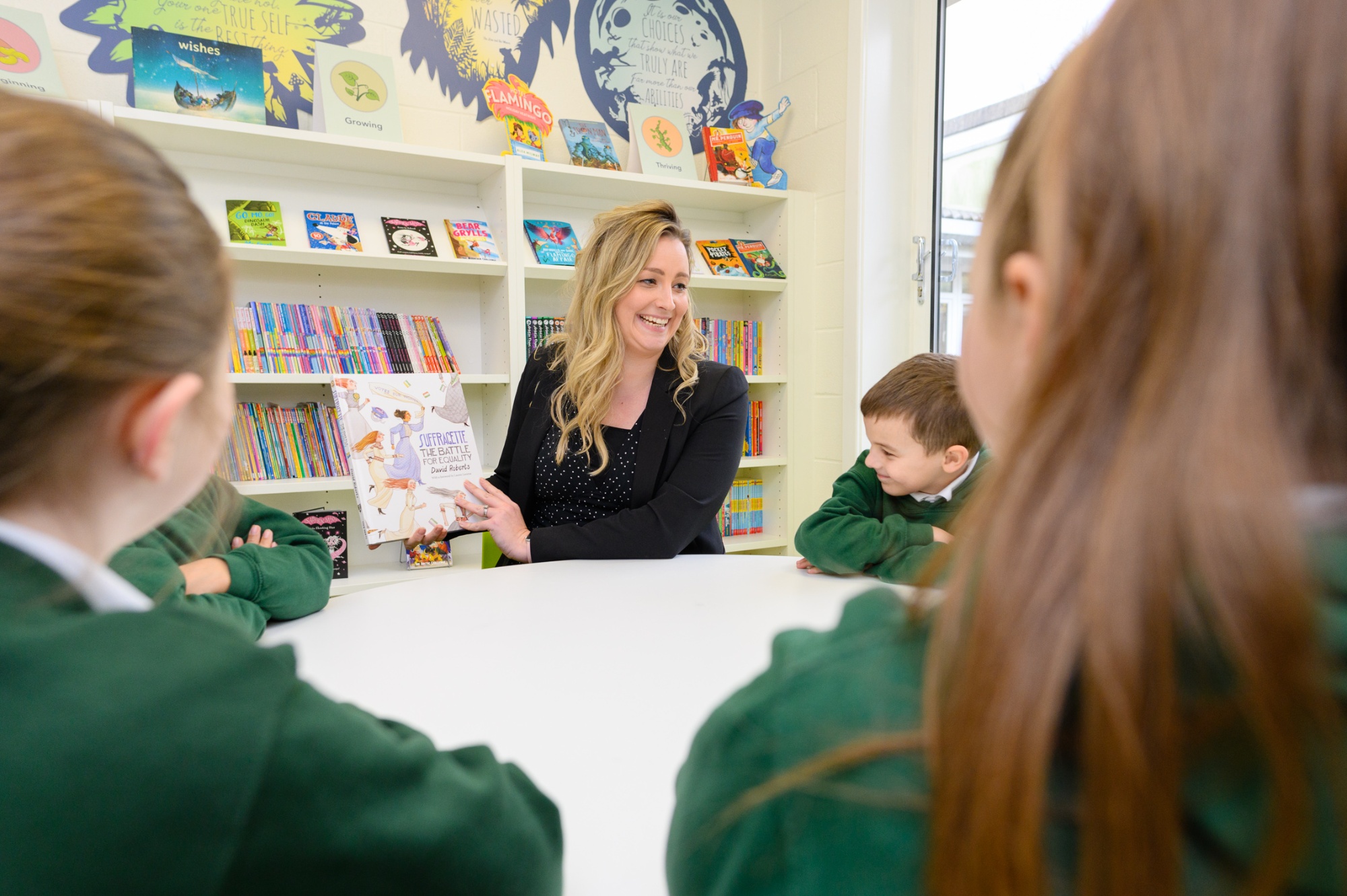
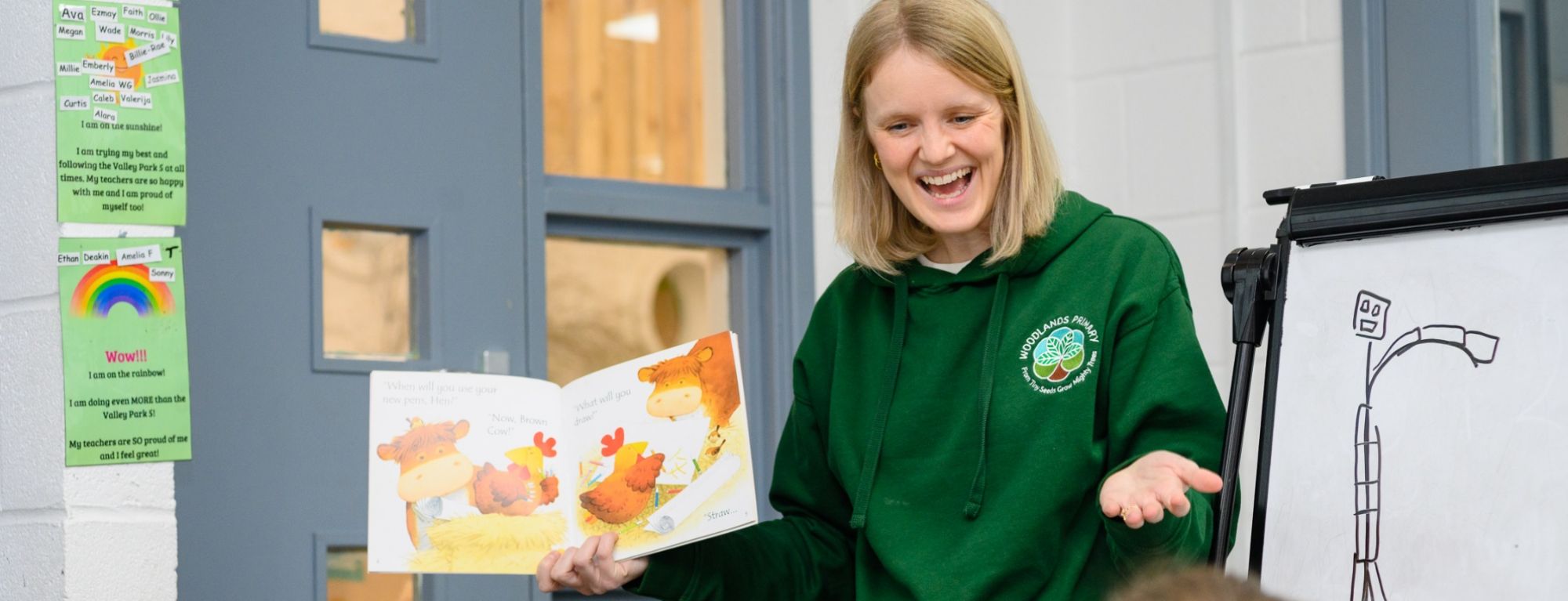
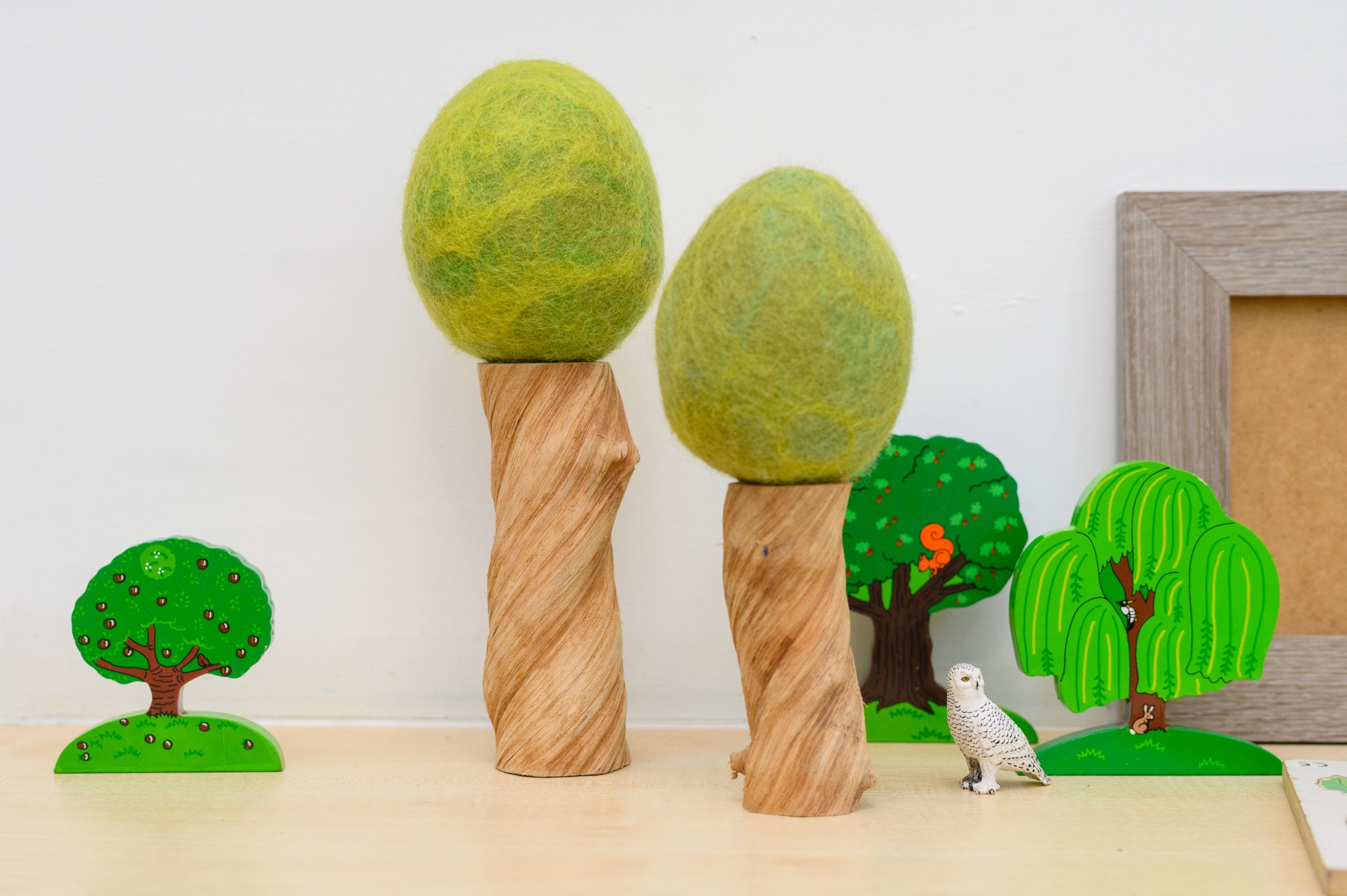
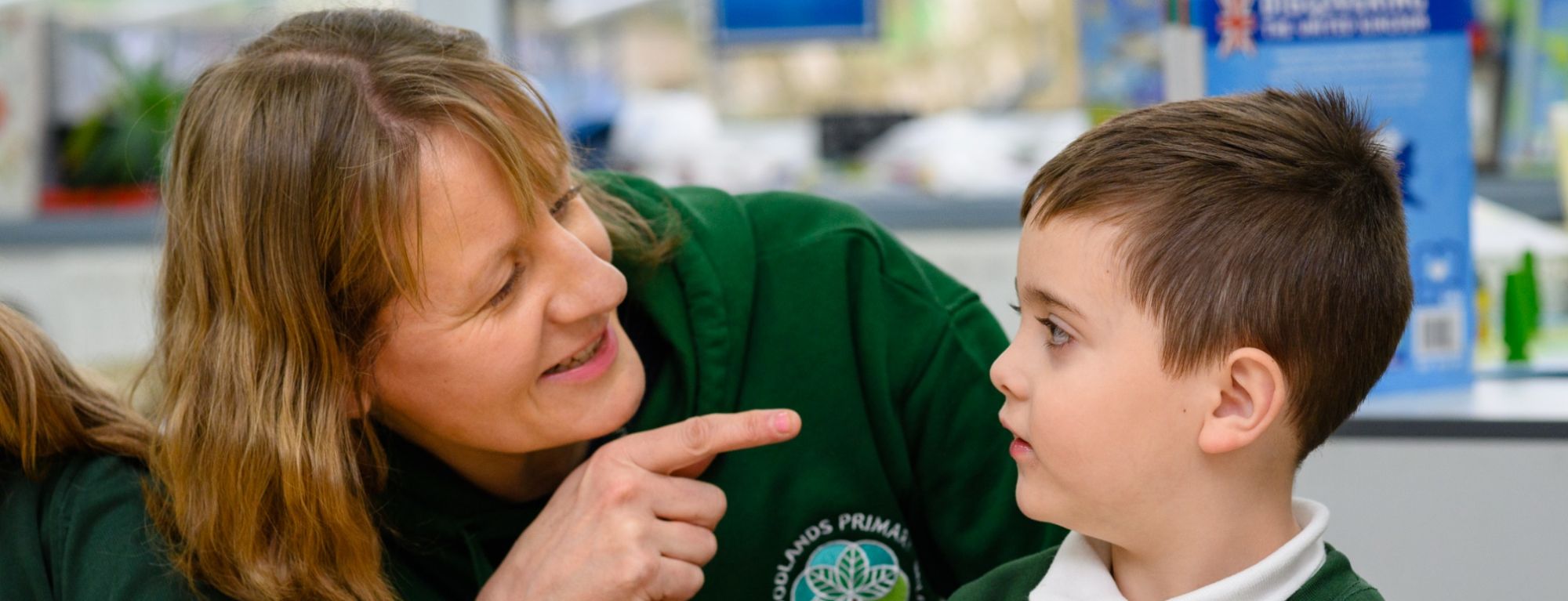
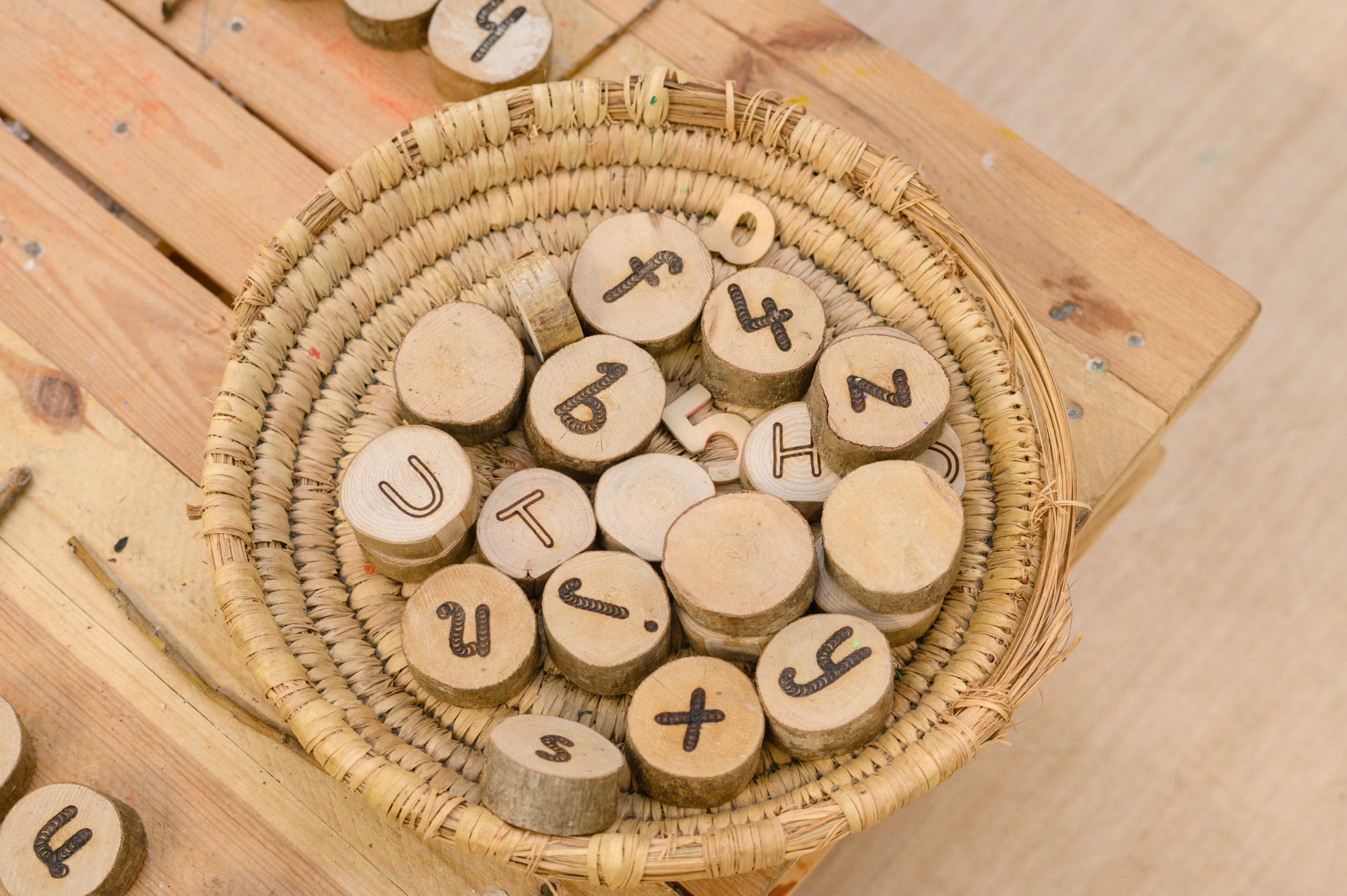
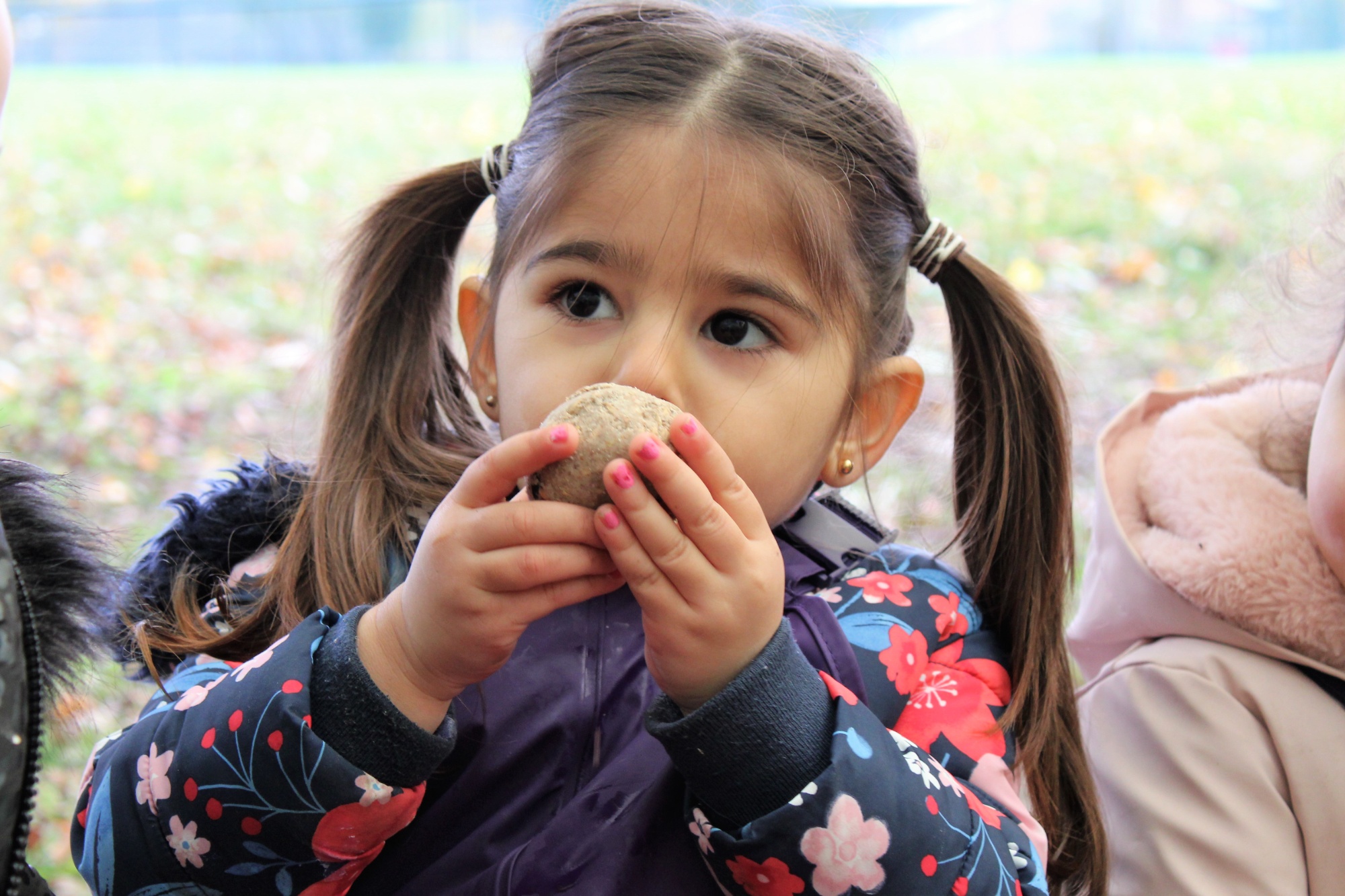
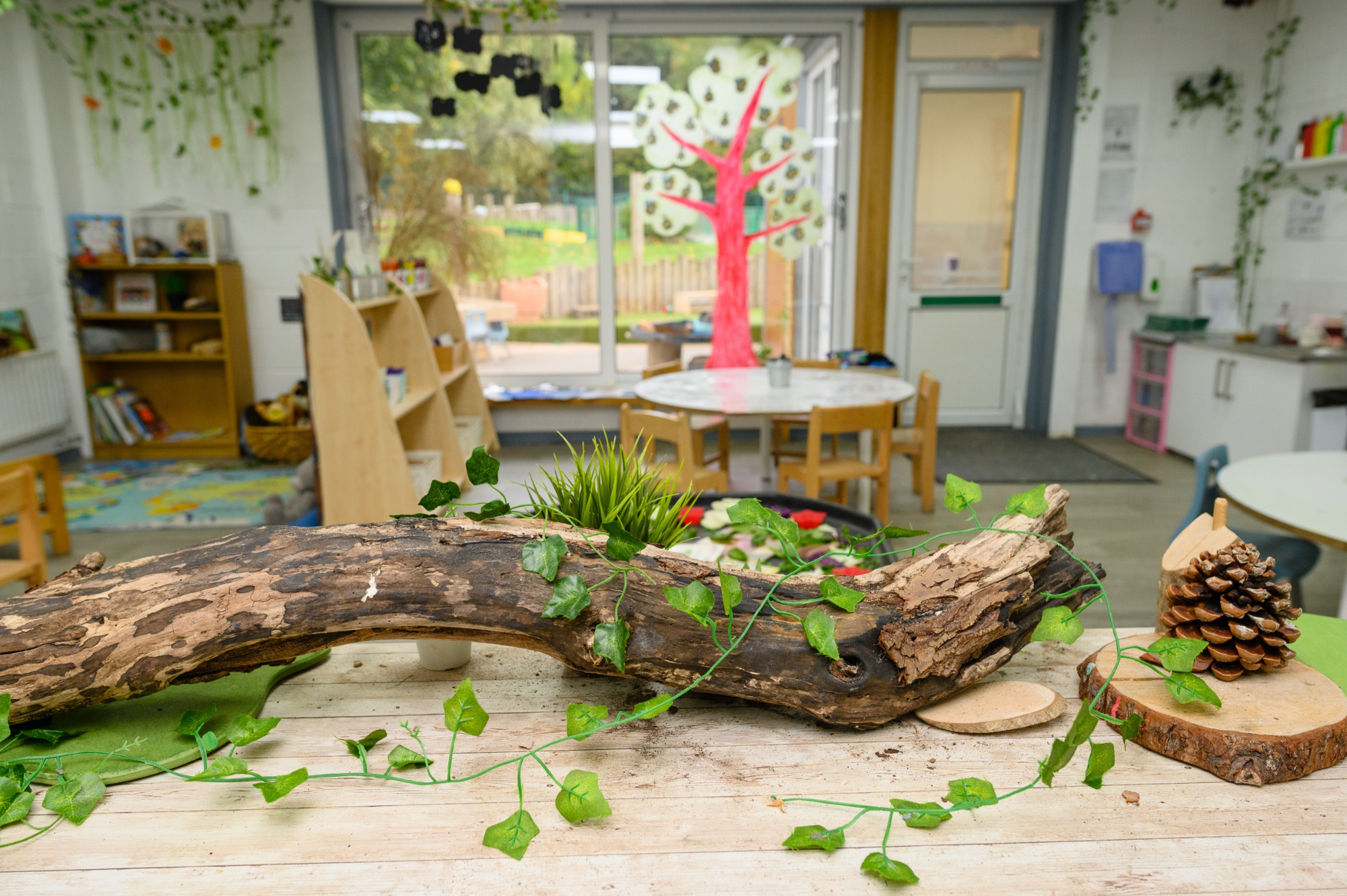
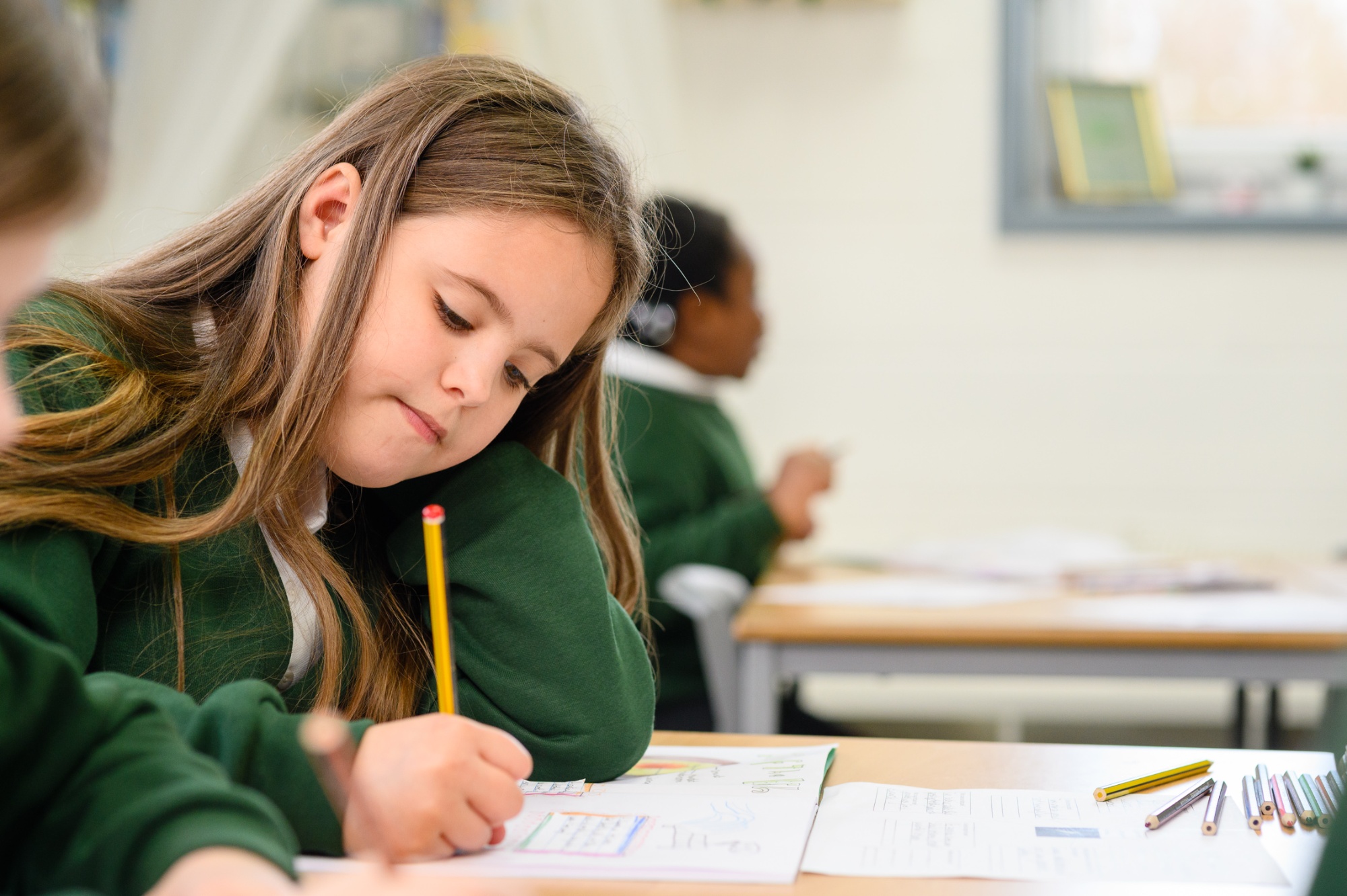
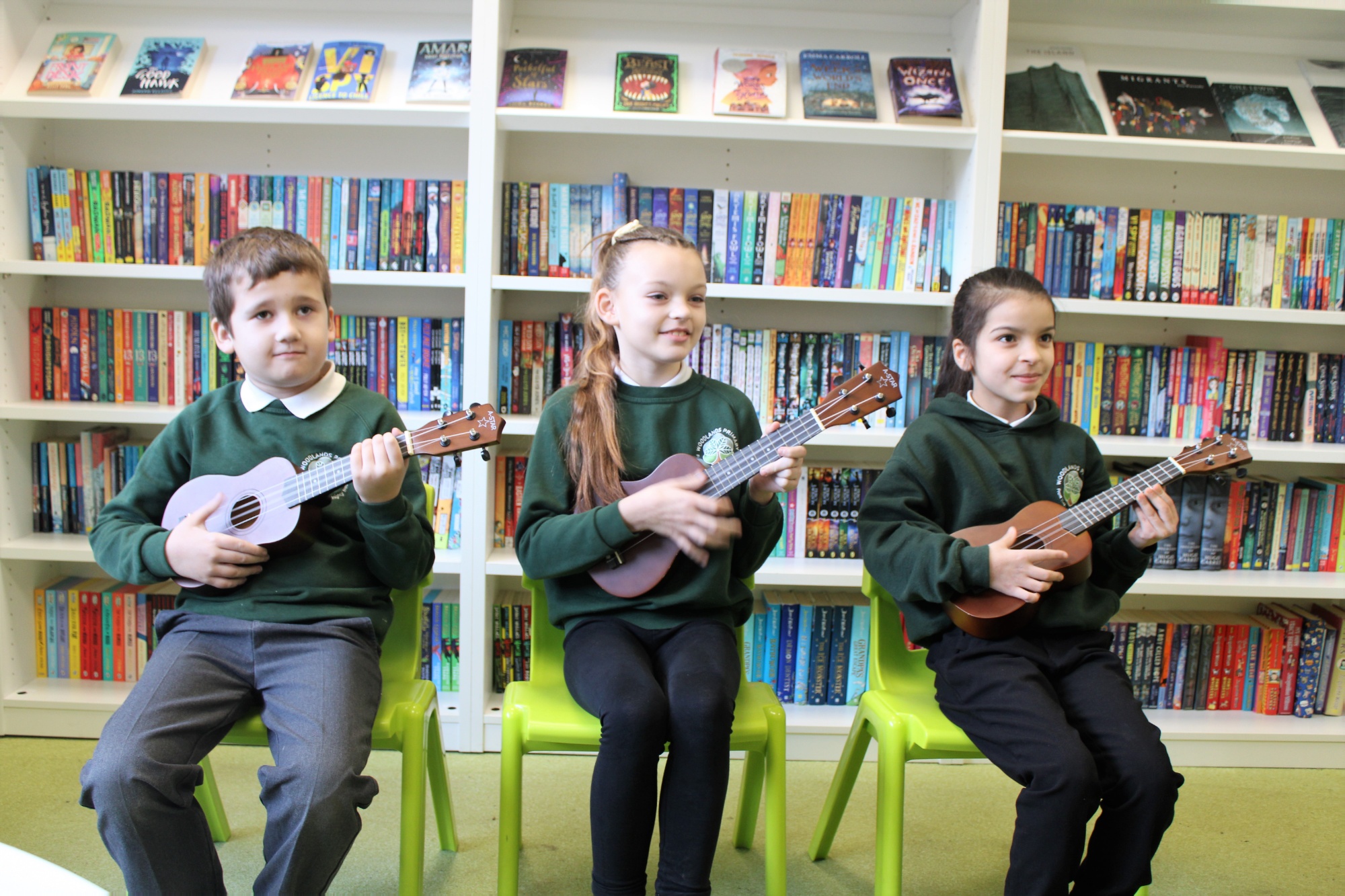
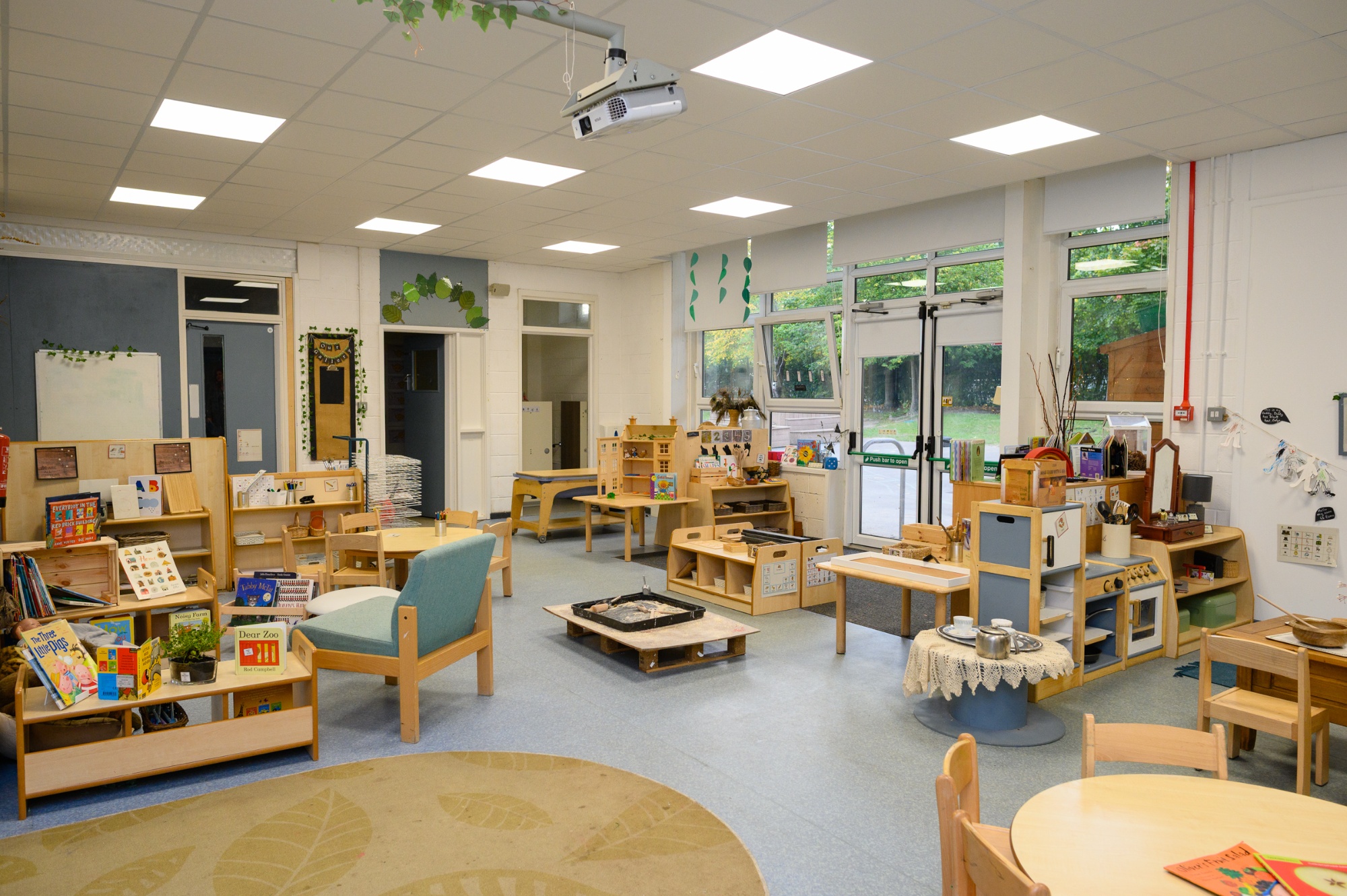
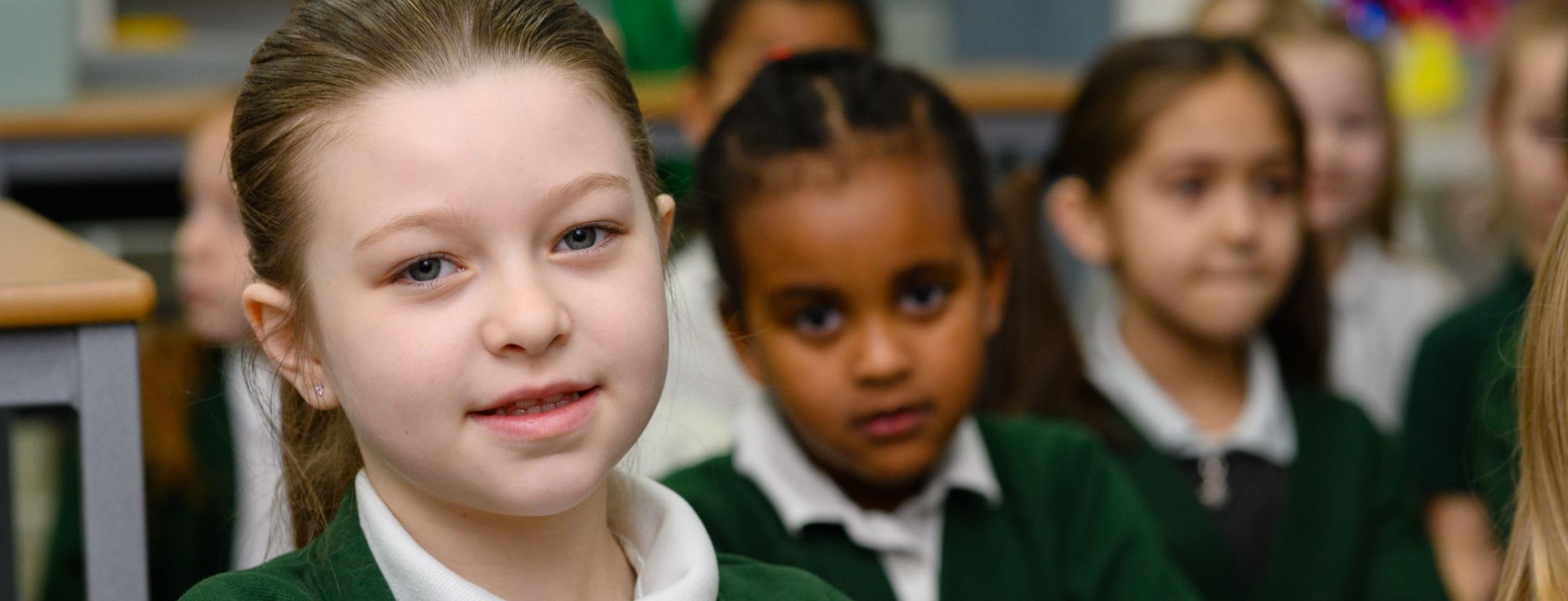
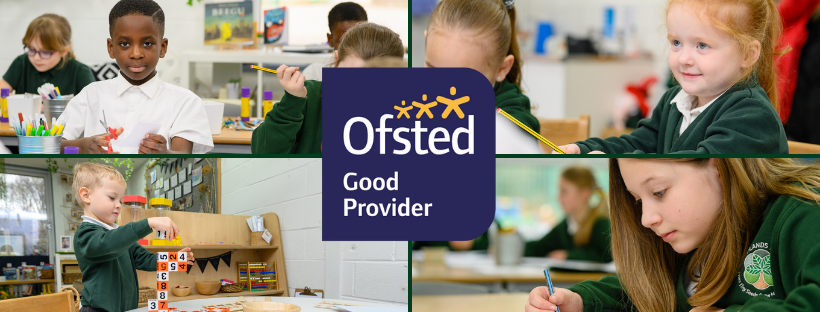
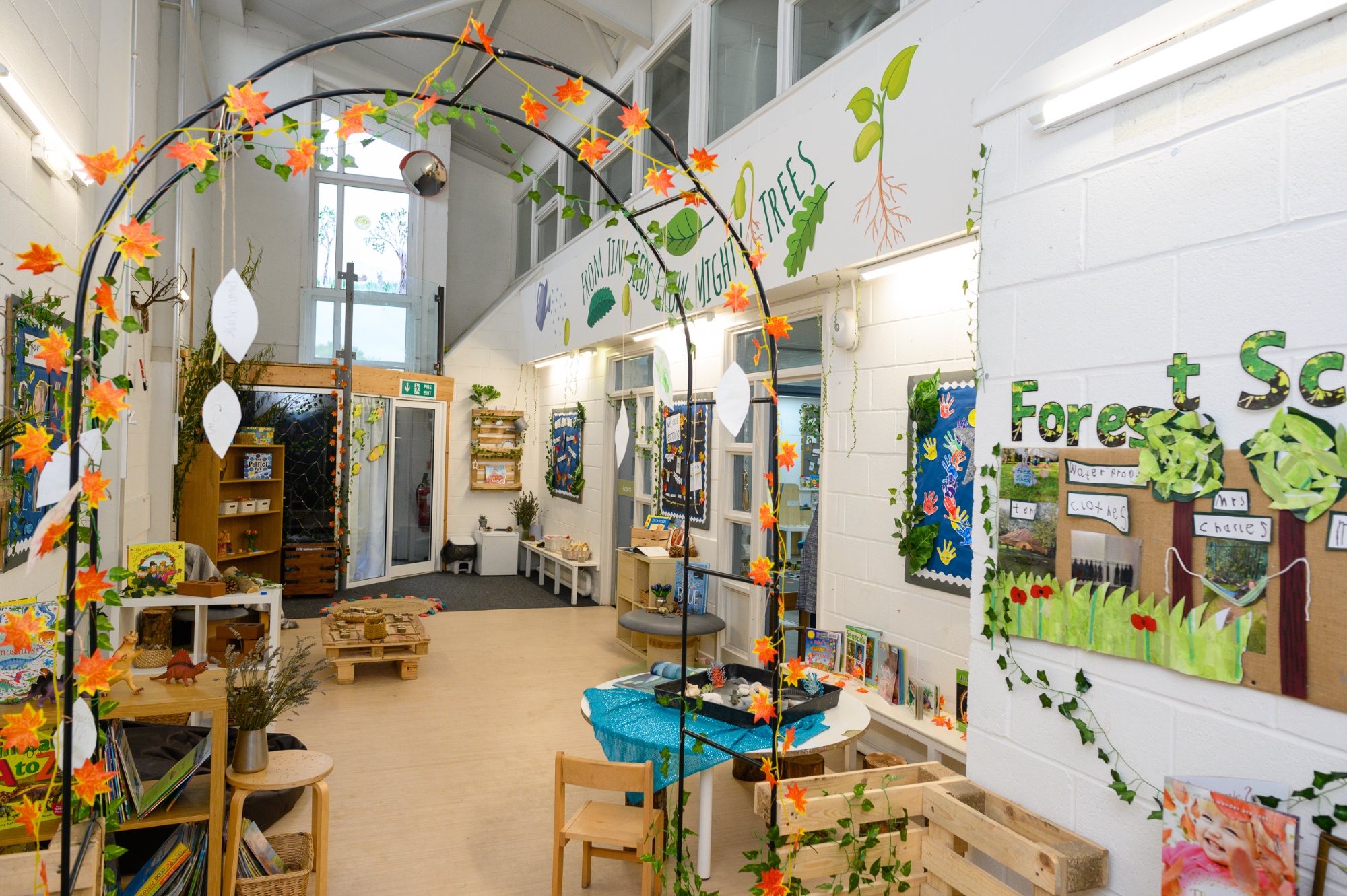
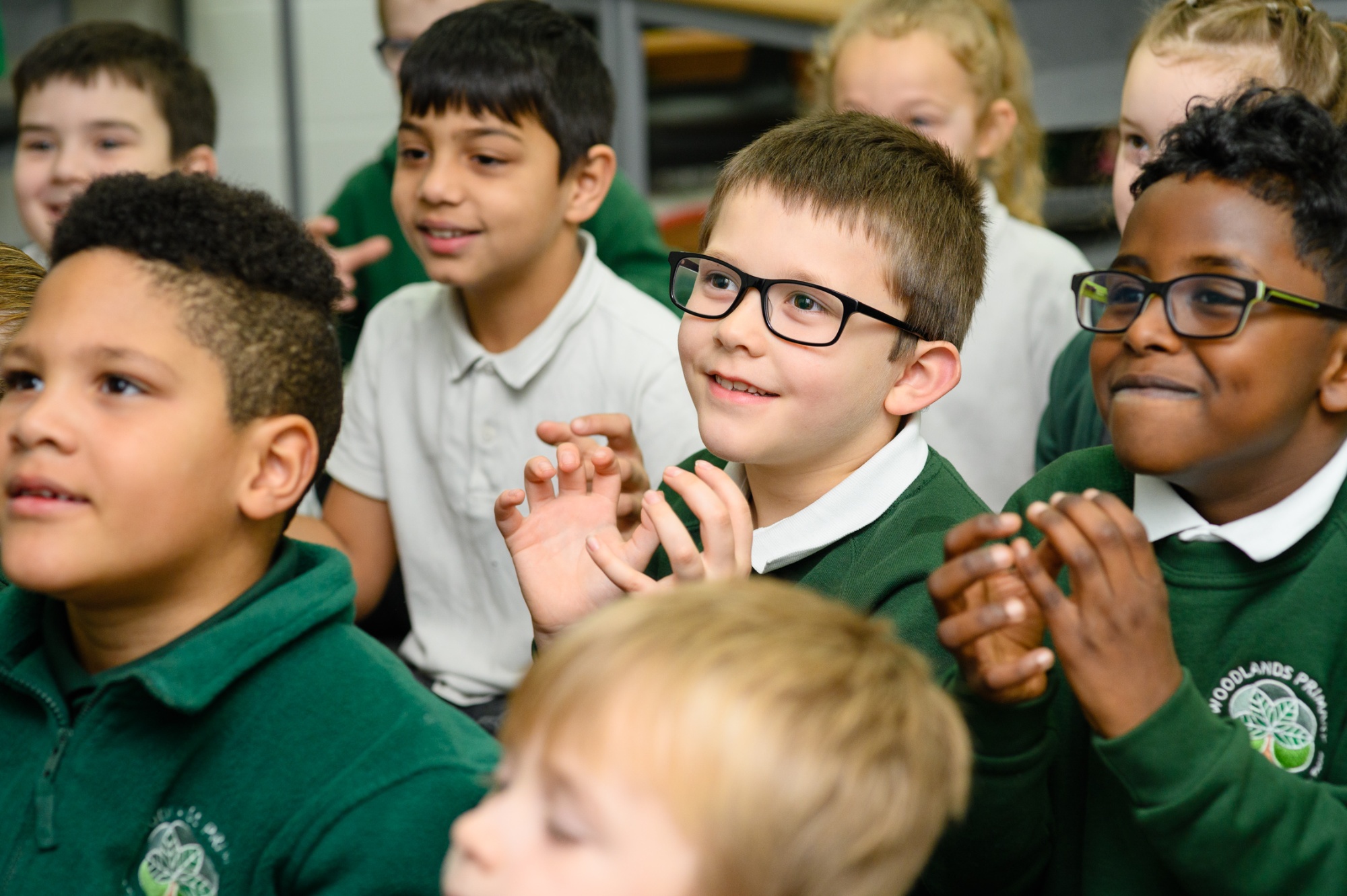
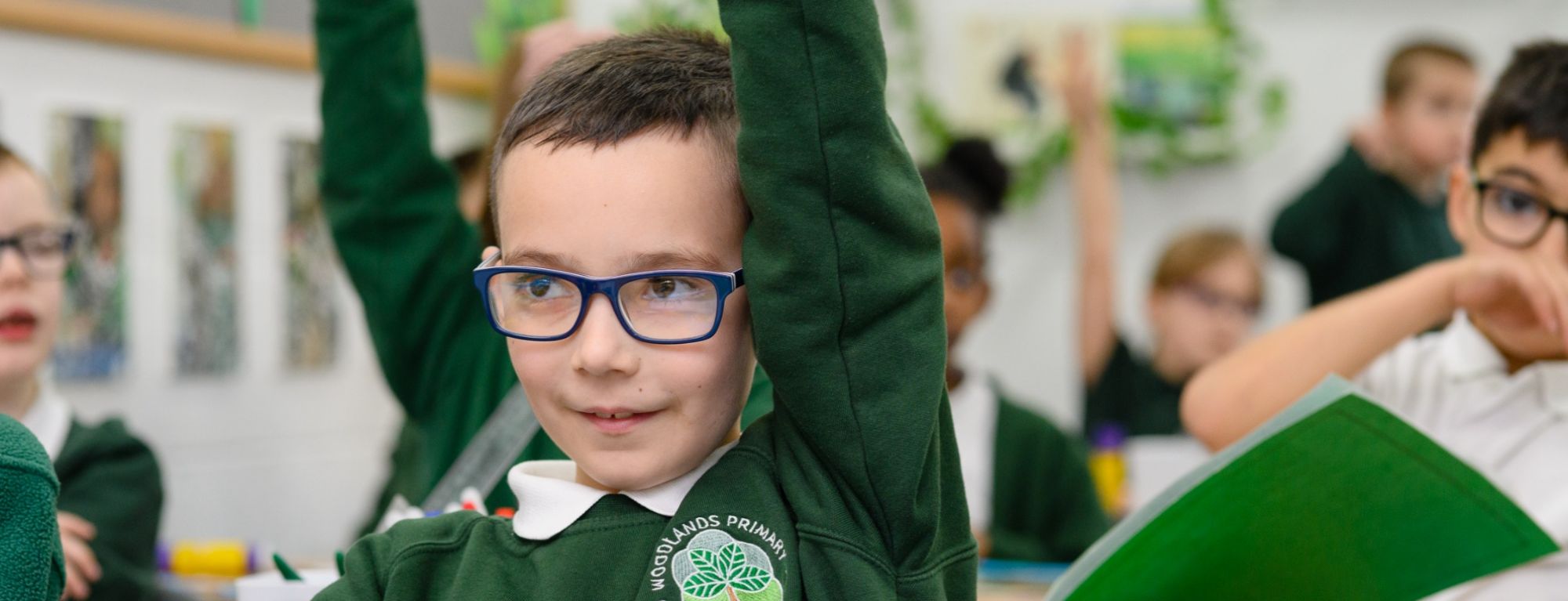
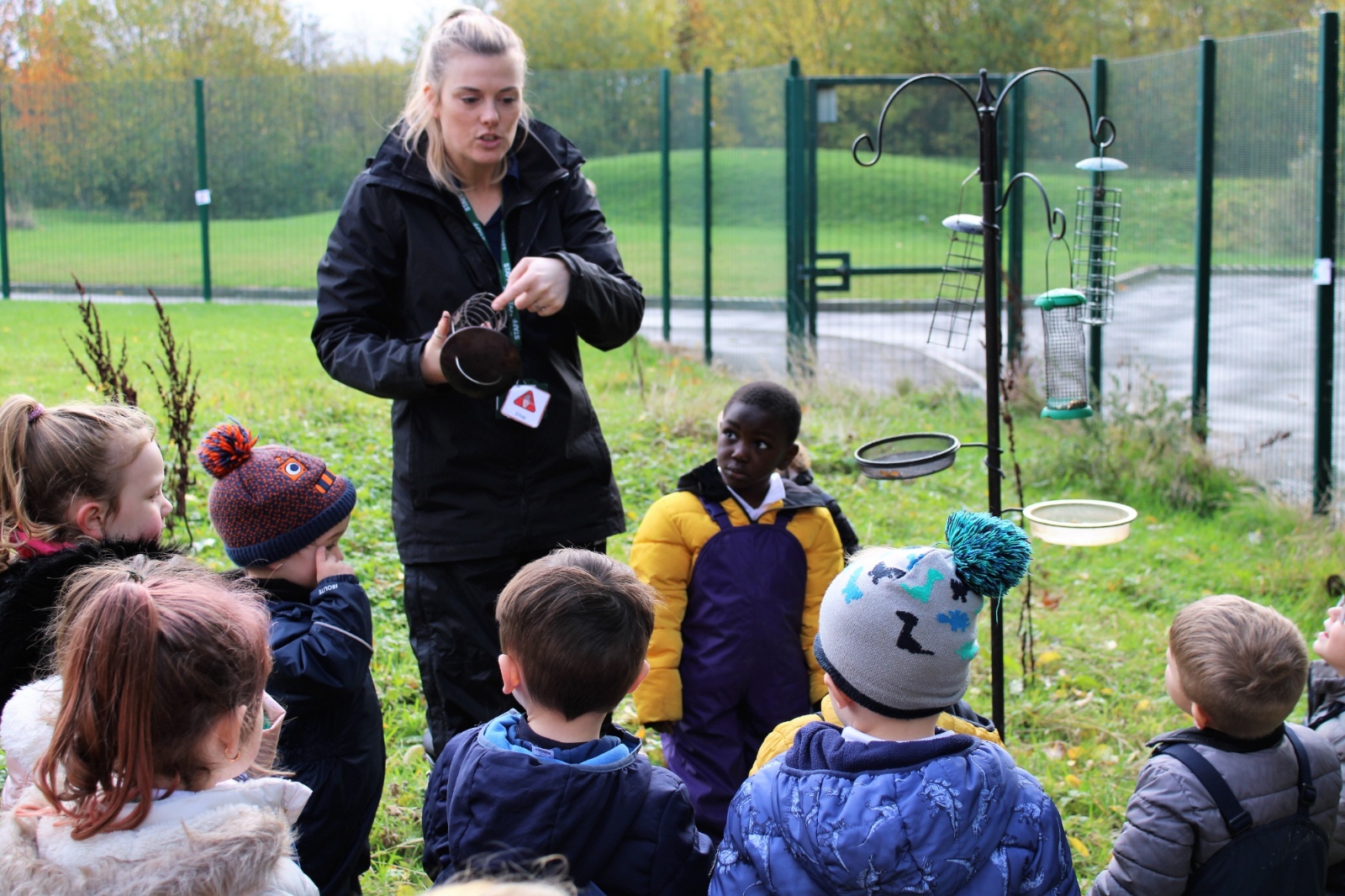
.JPG)
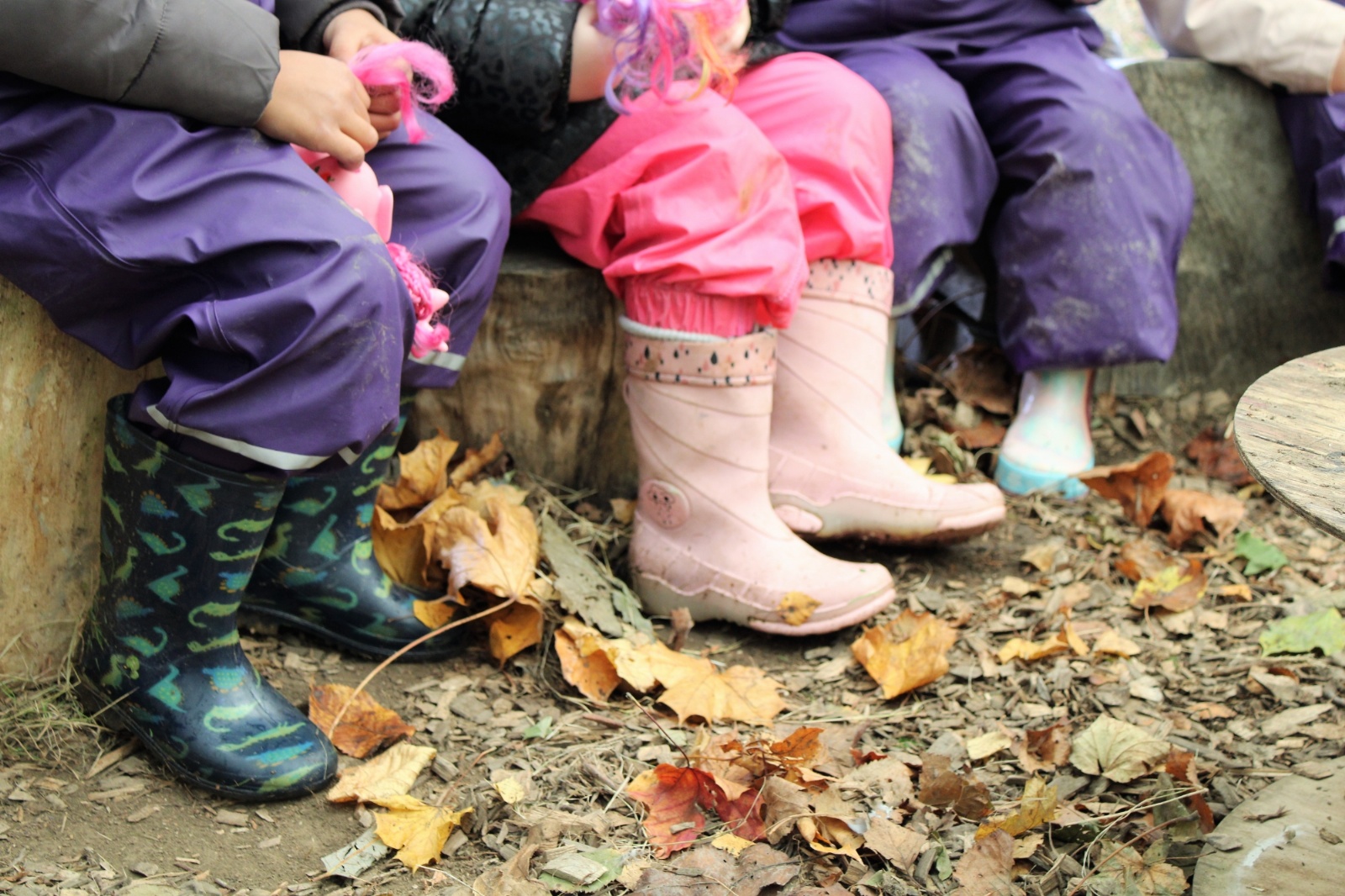
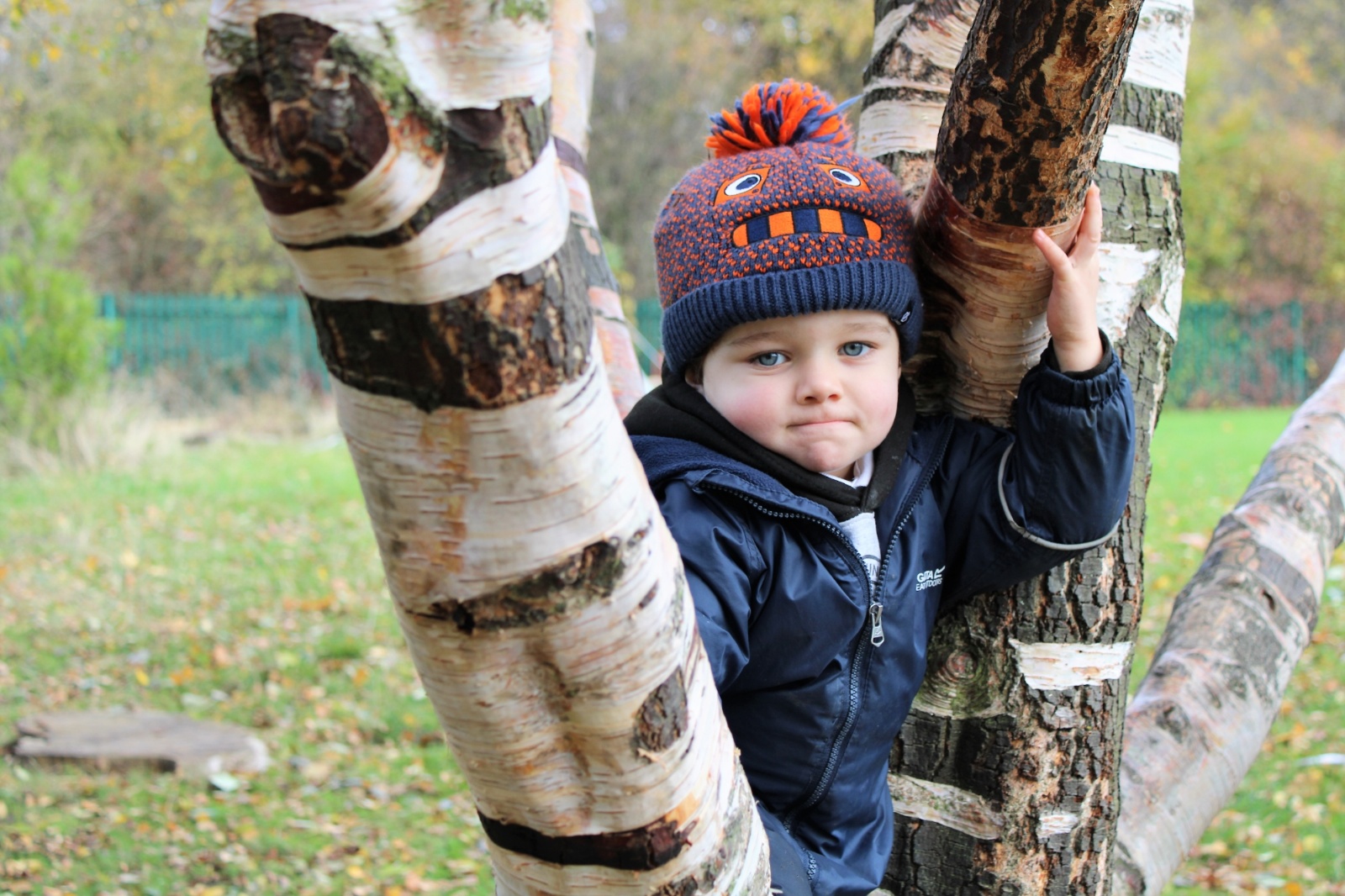
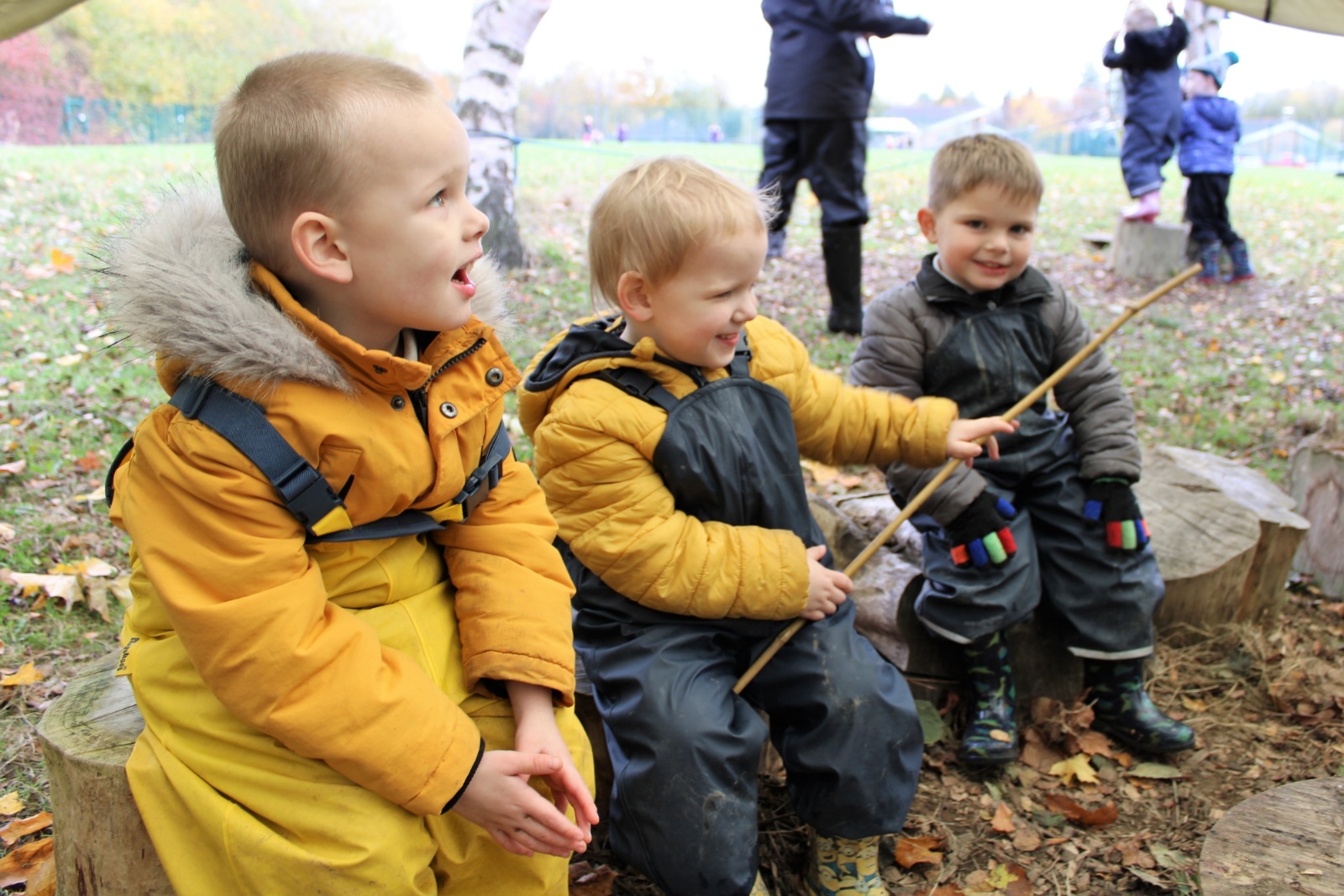
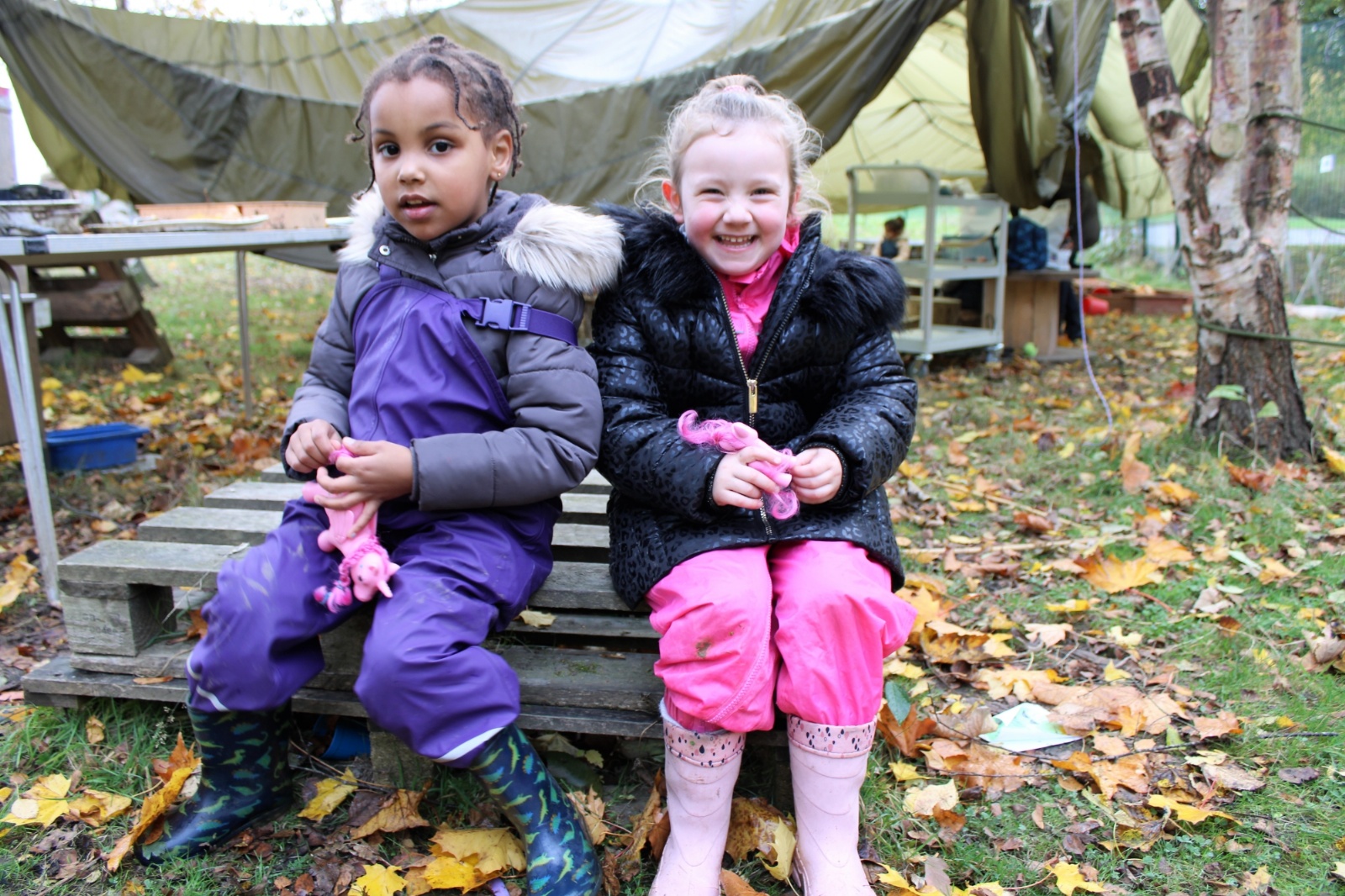
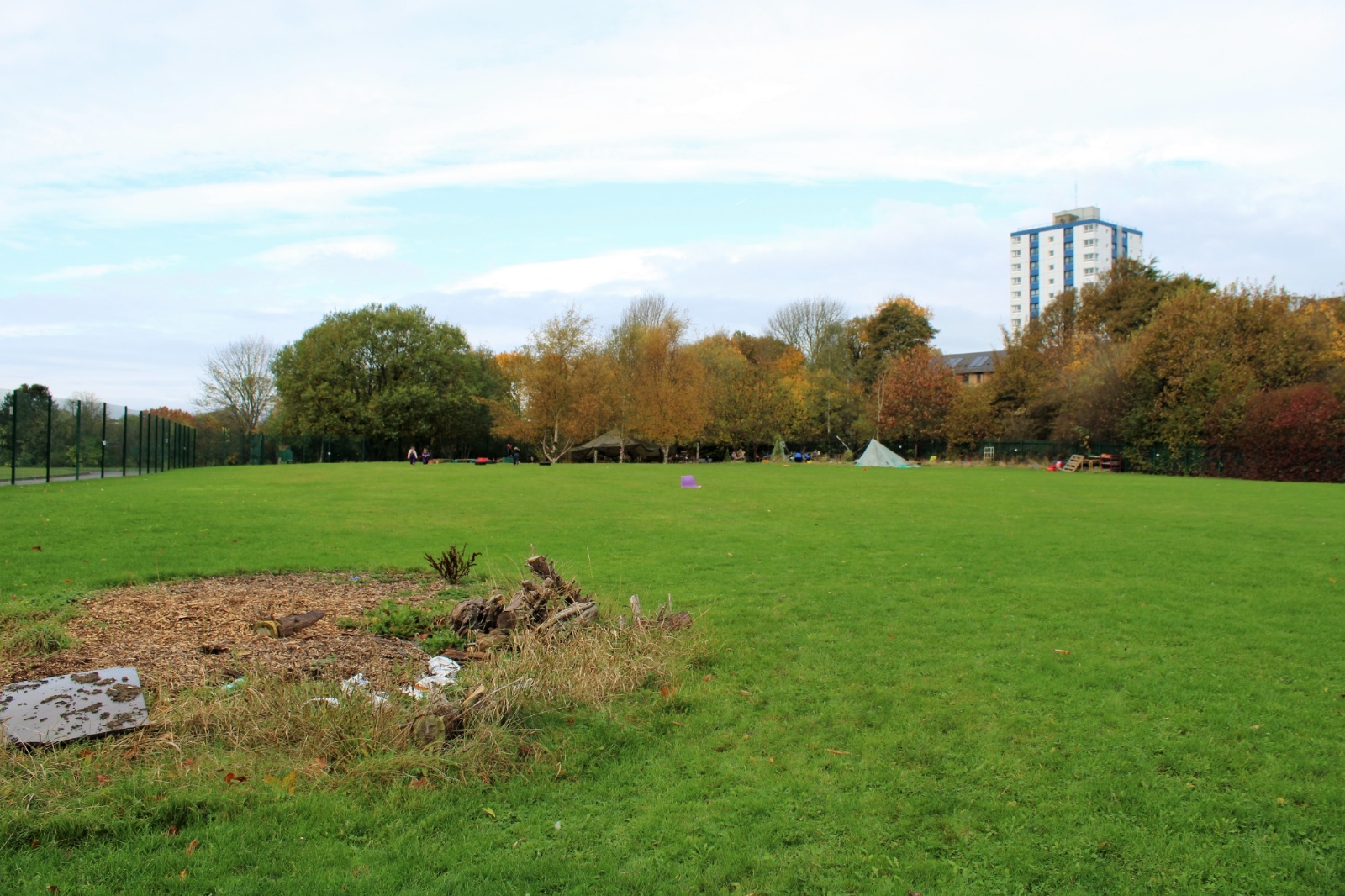
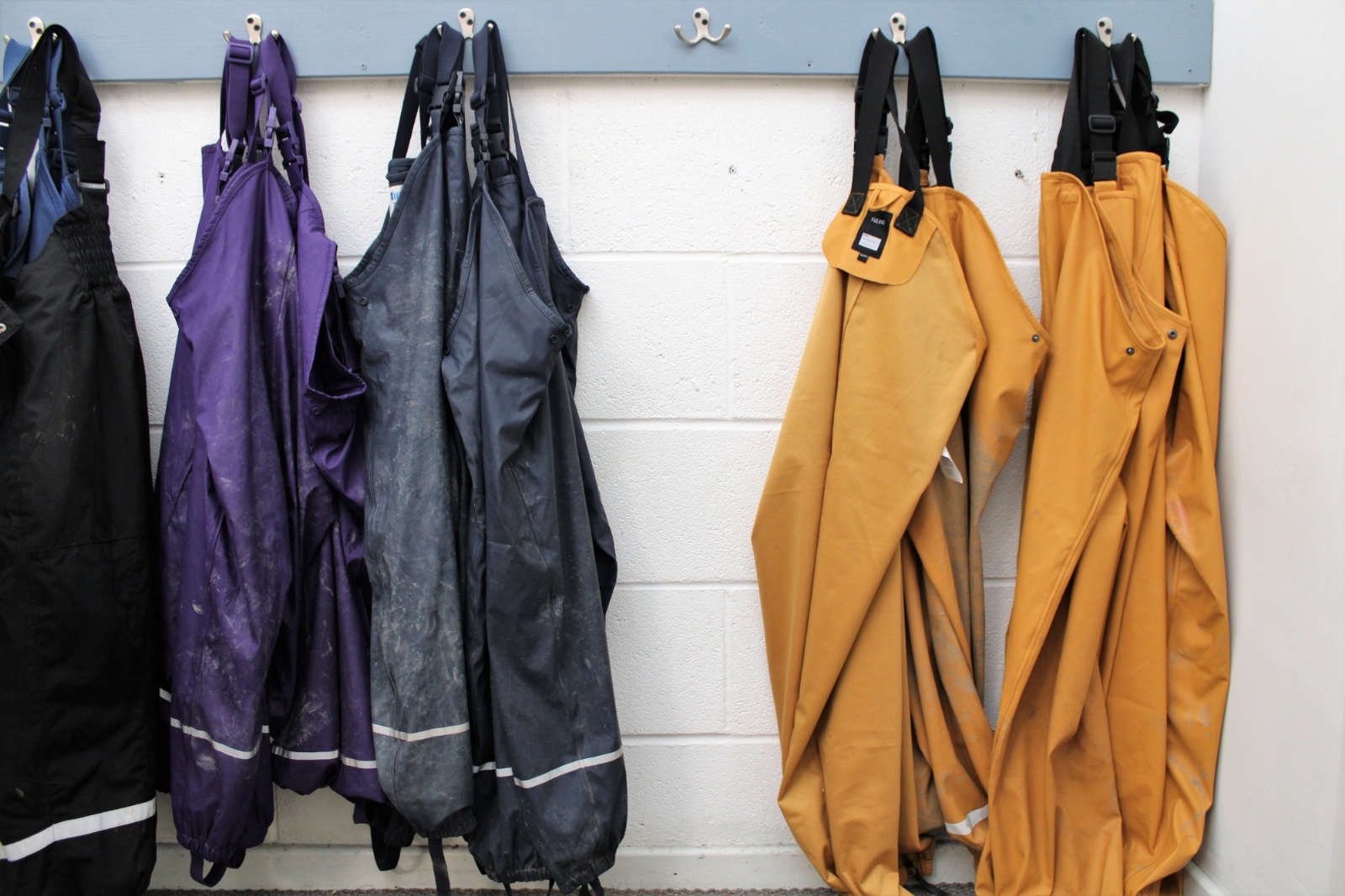
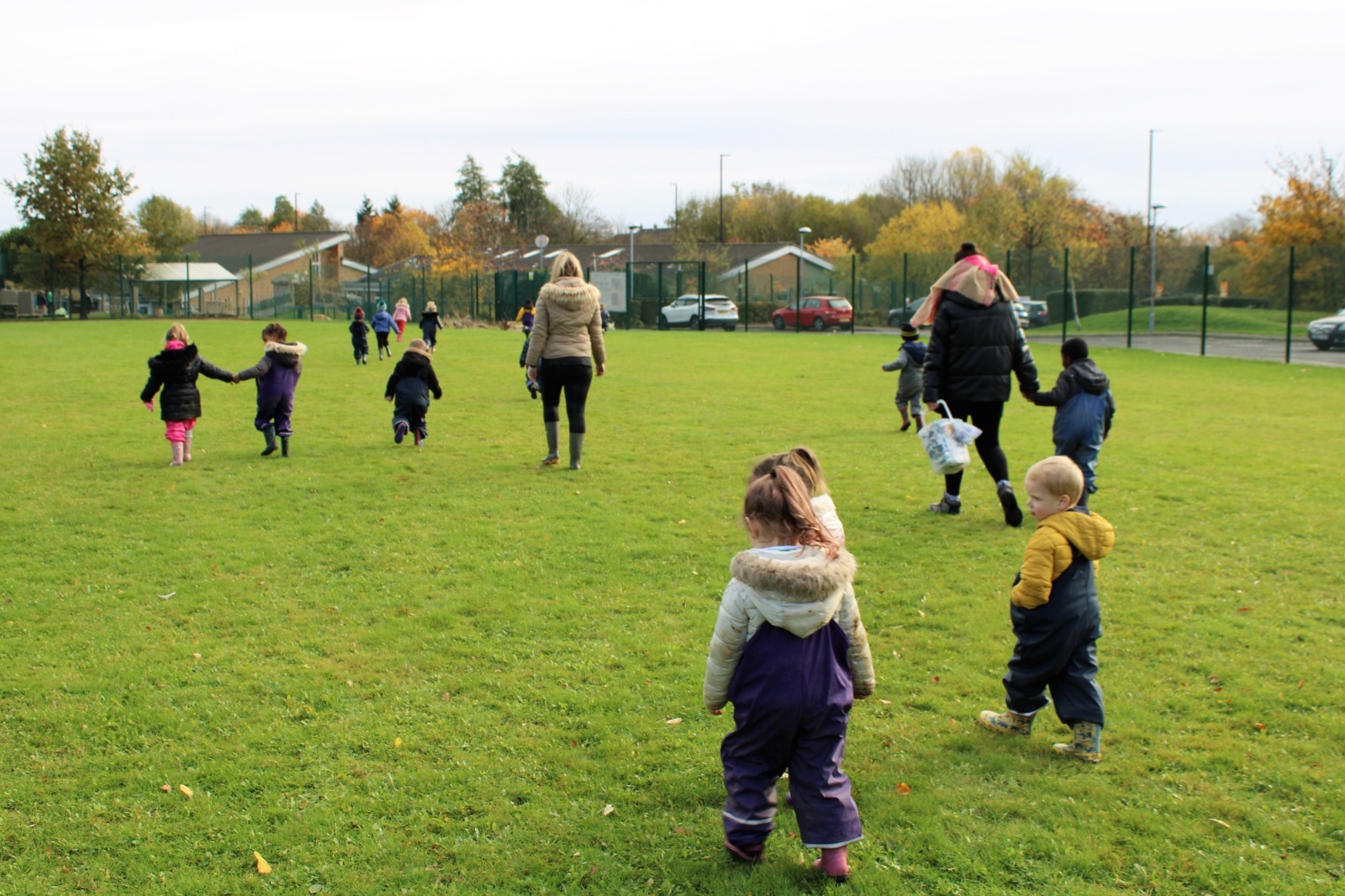
.jpg)
.jpg)
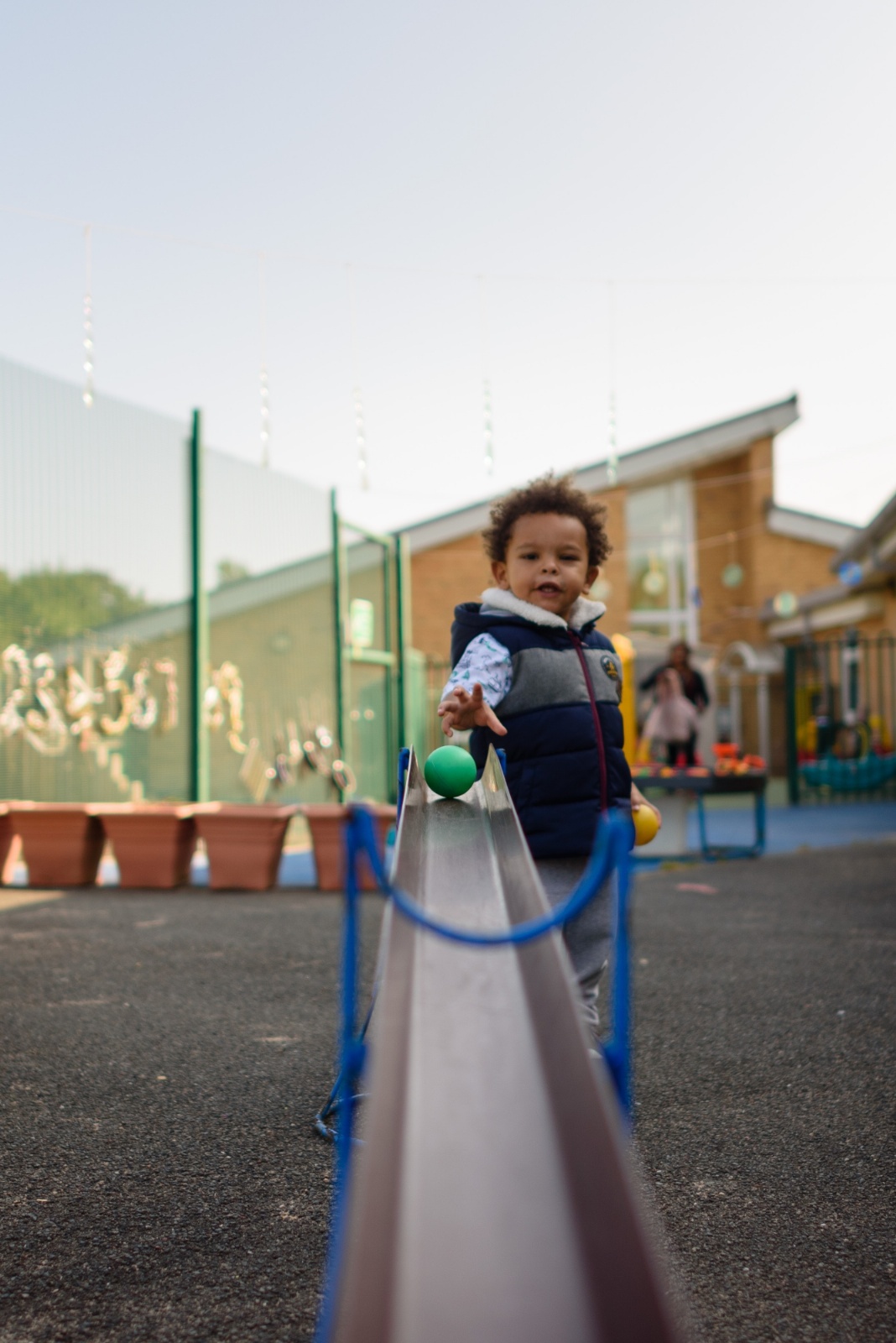
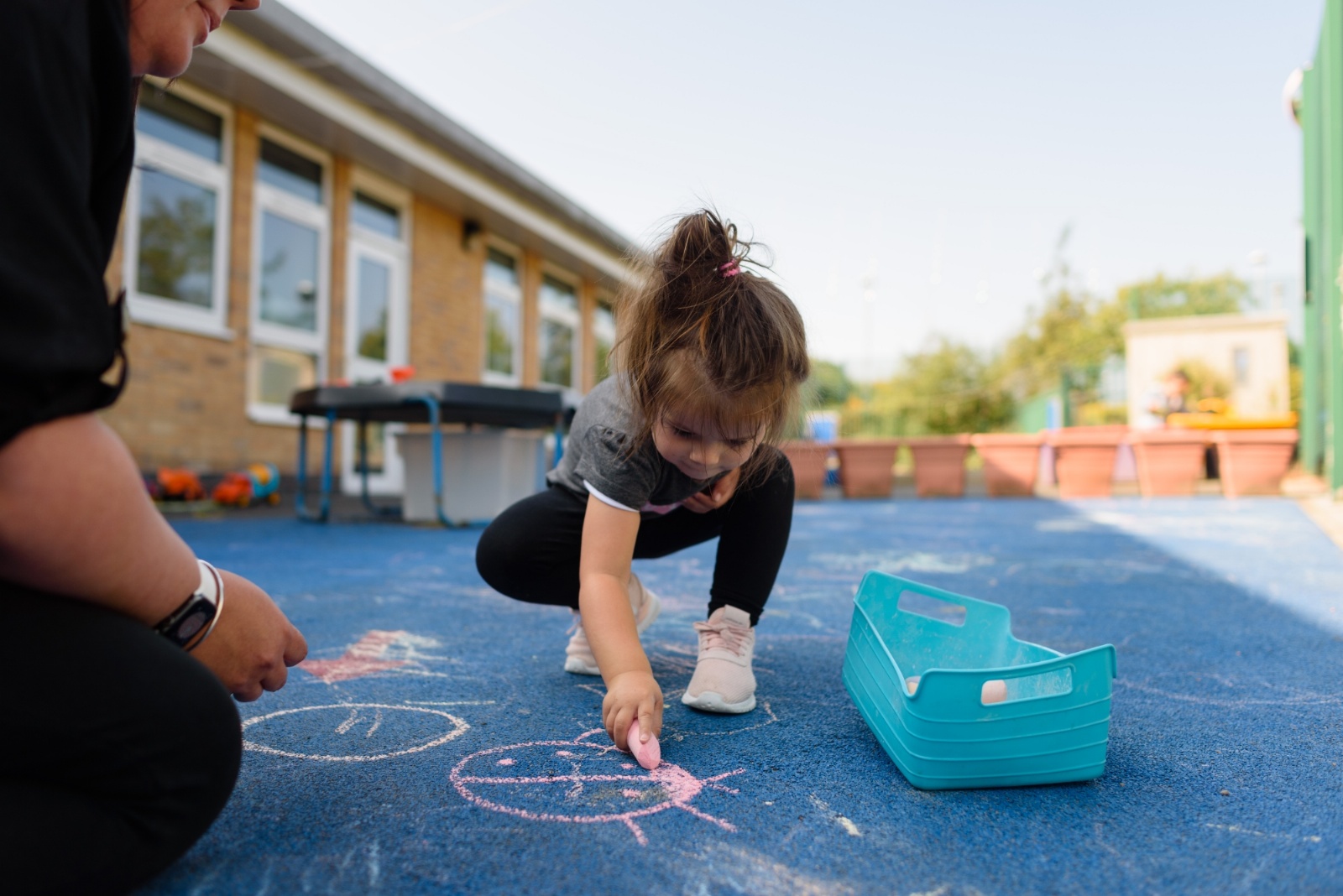
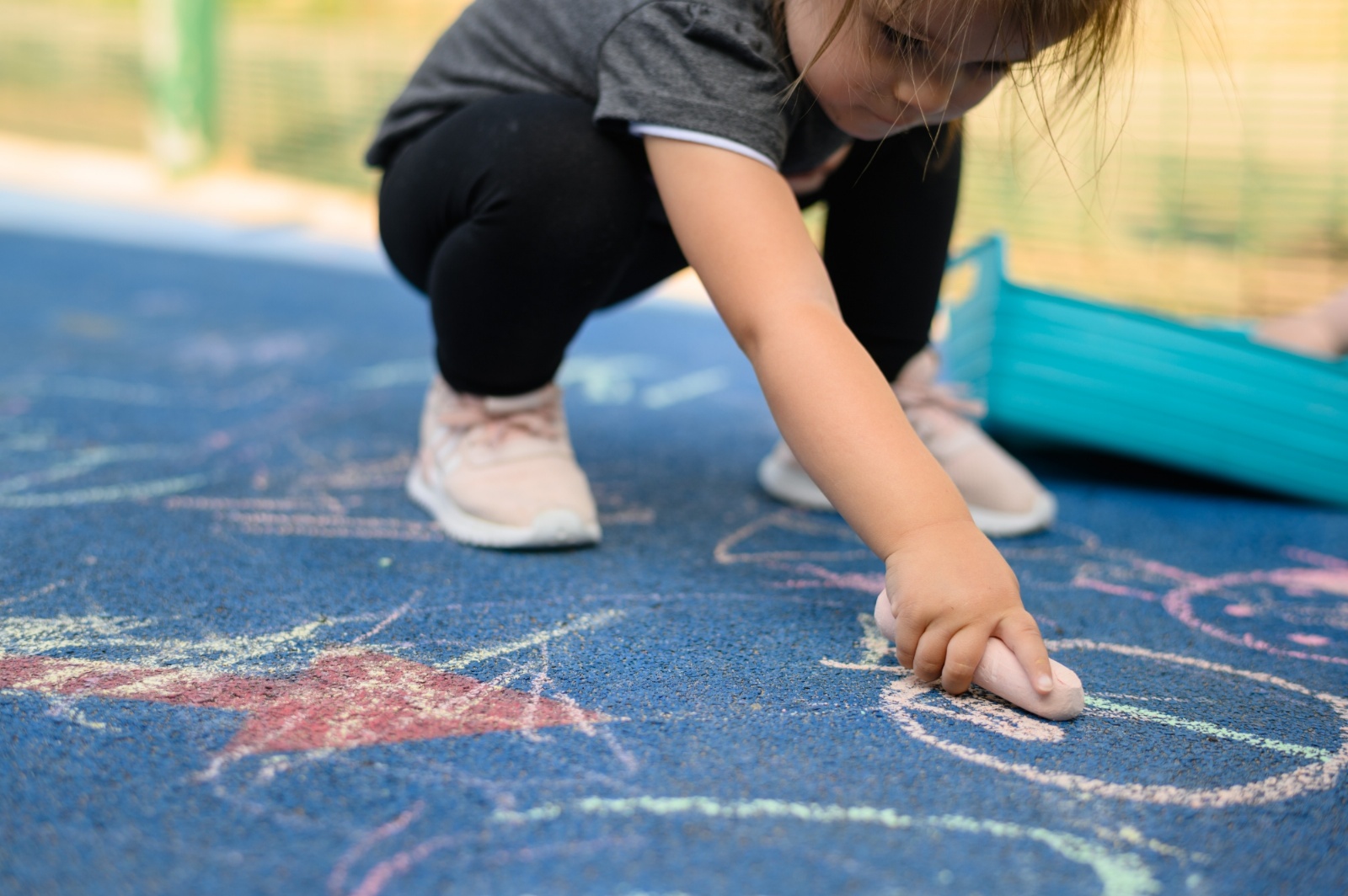
.jpg)
